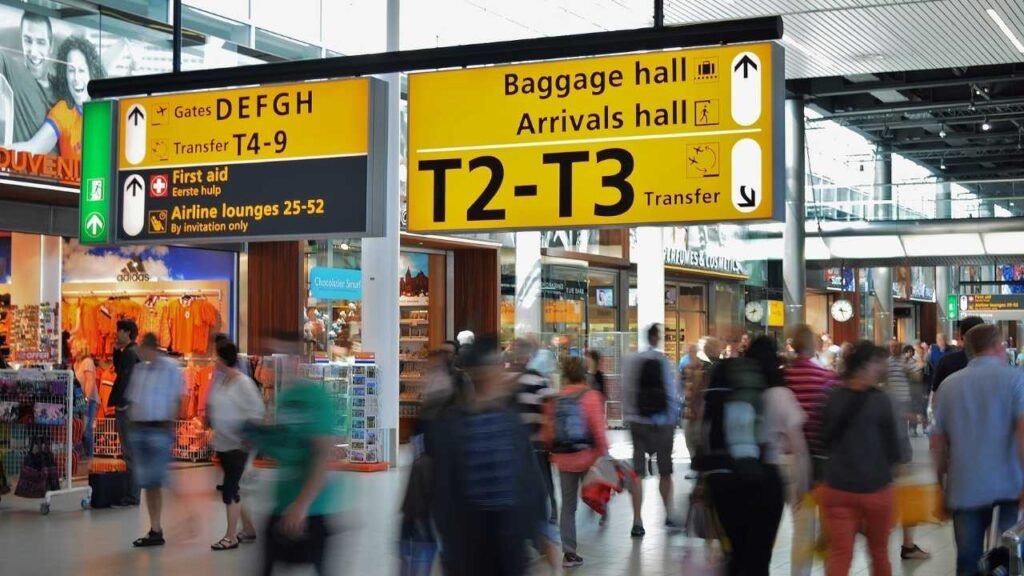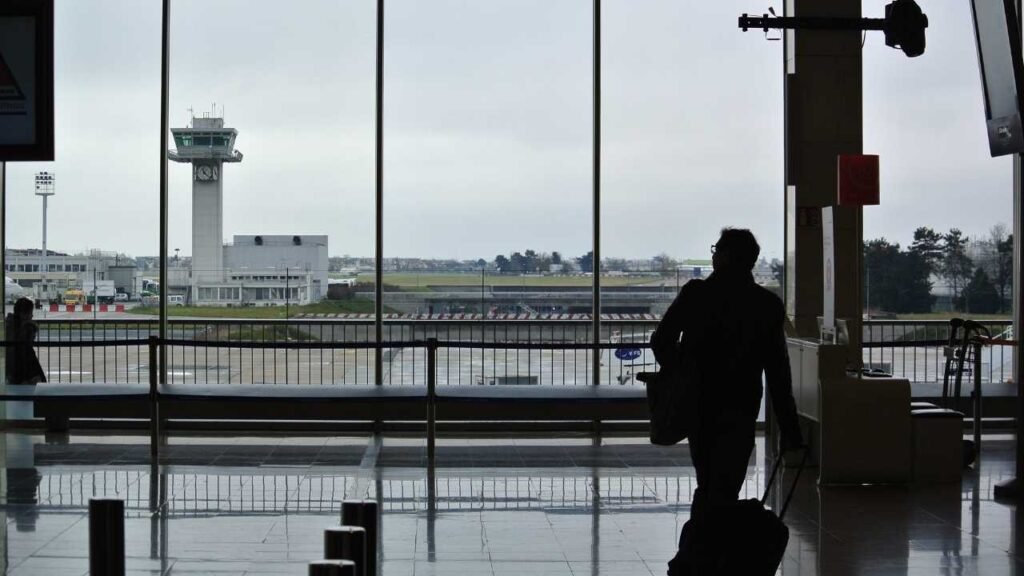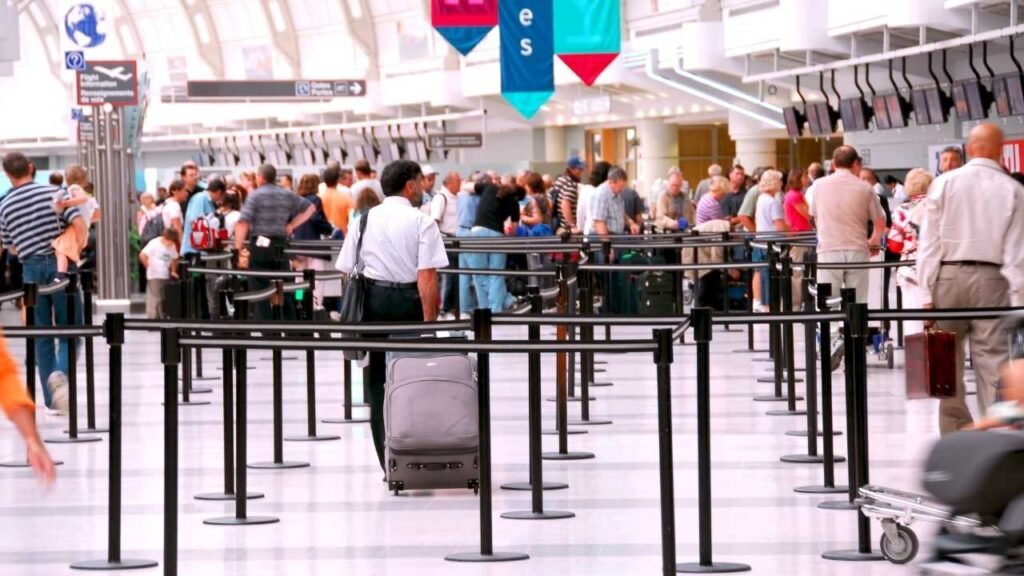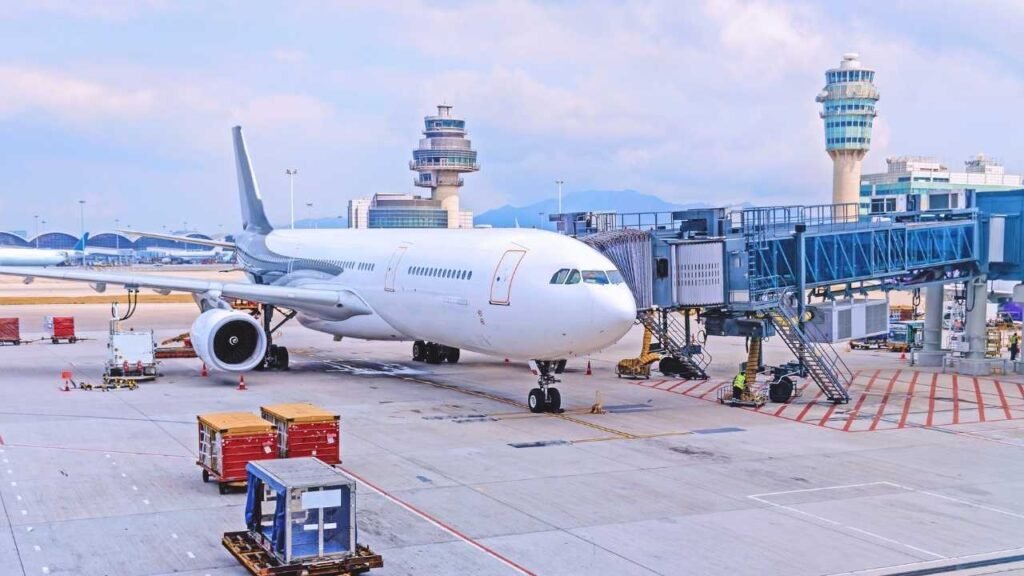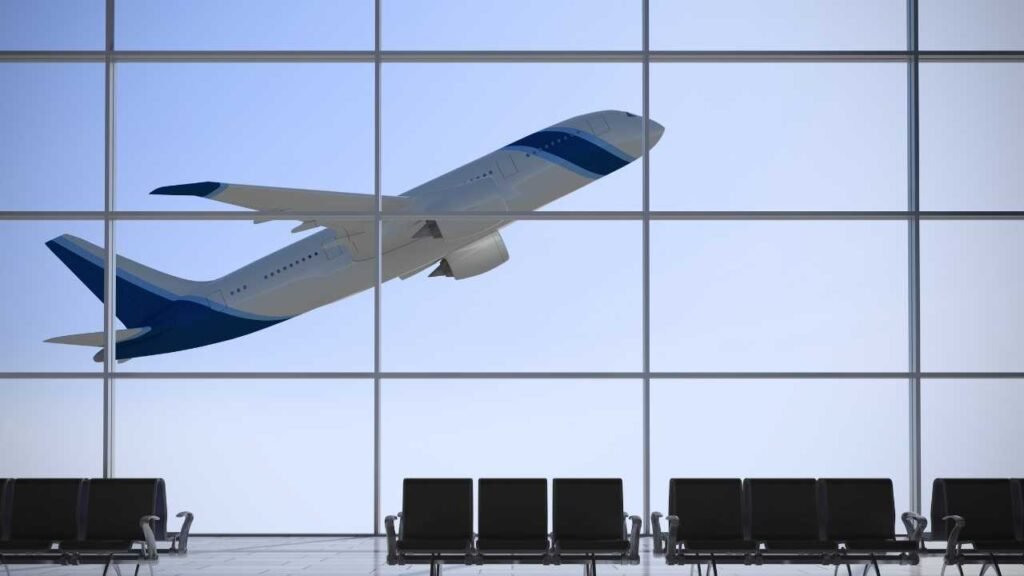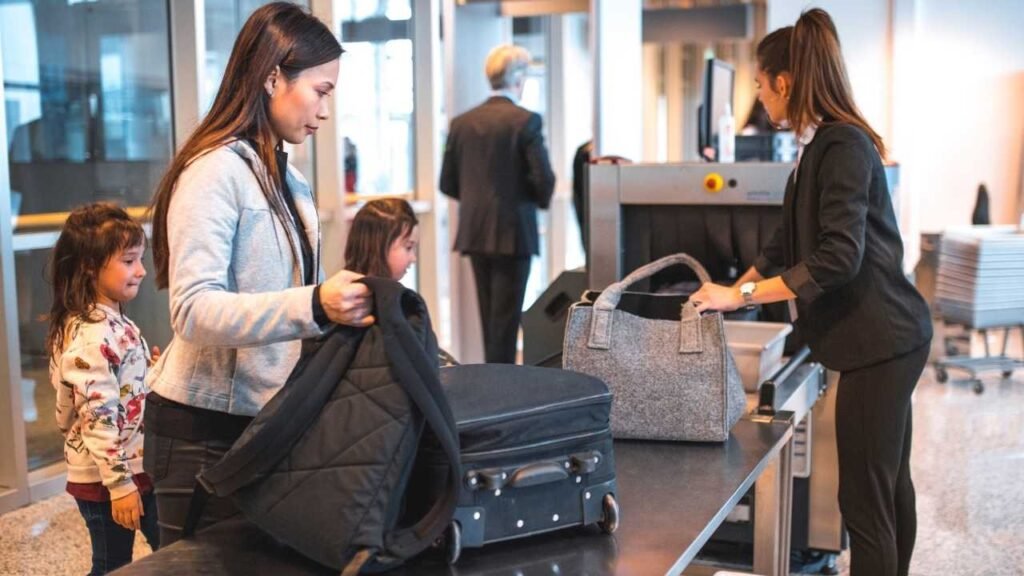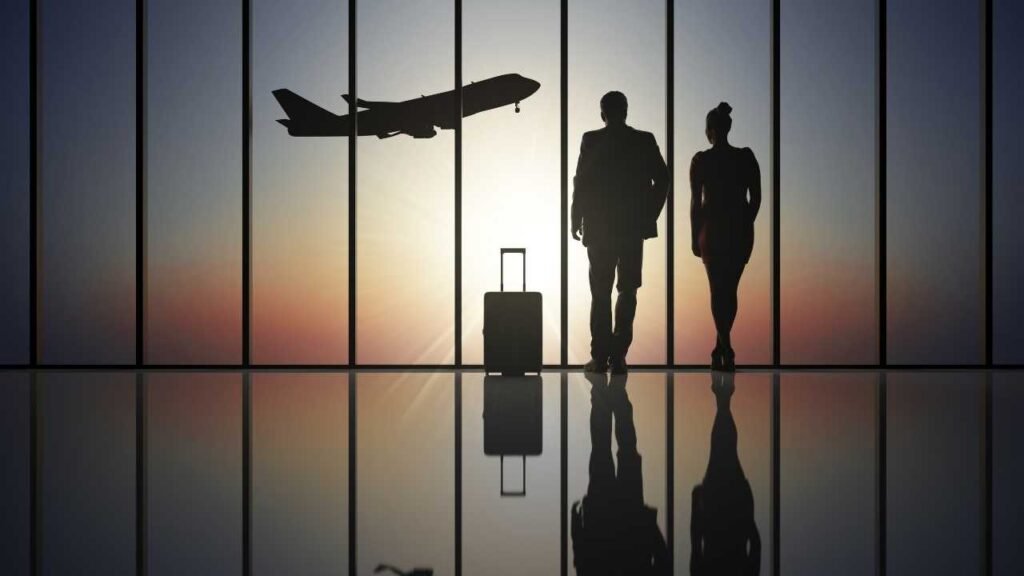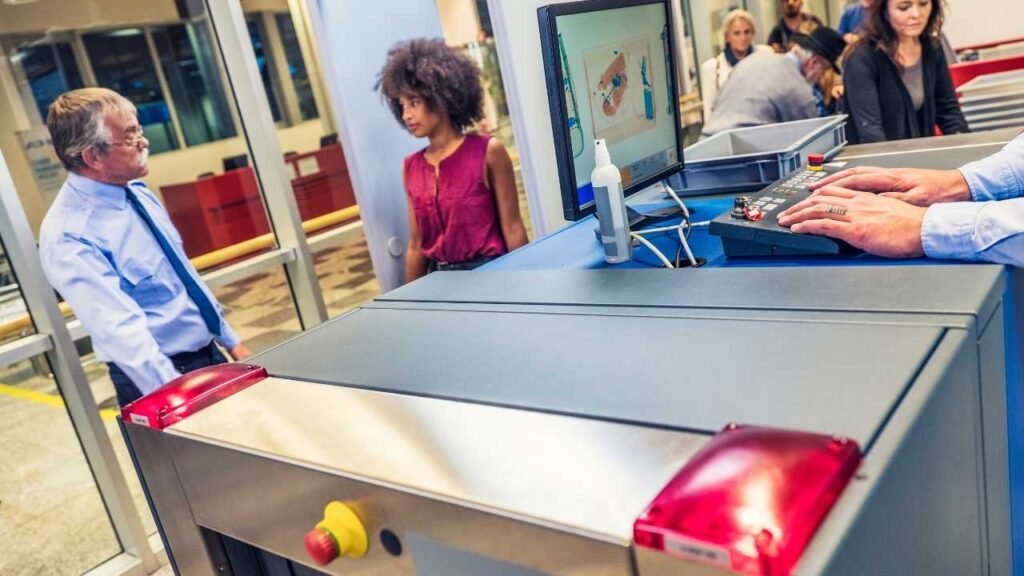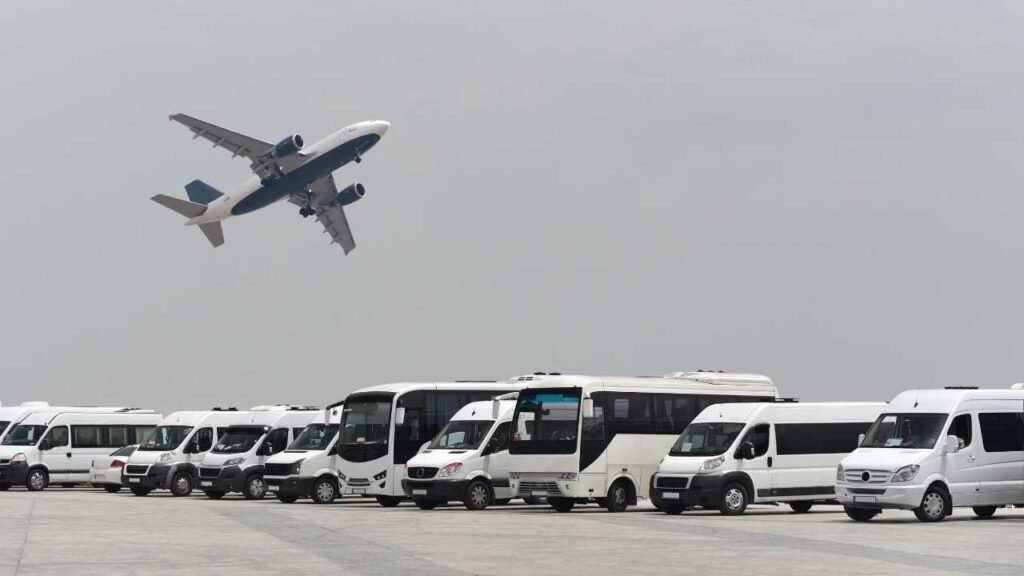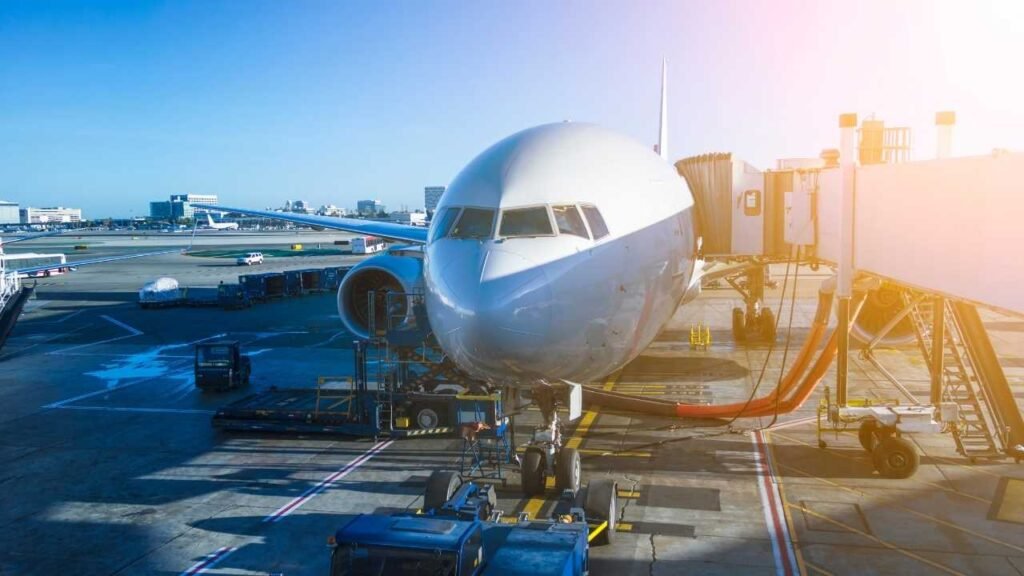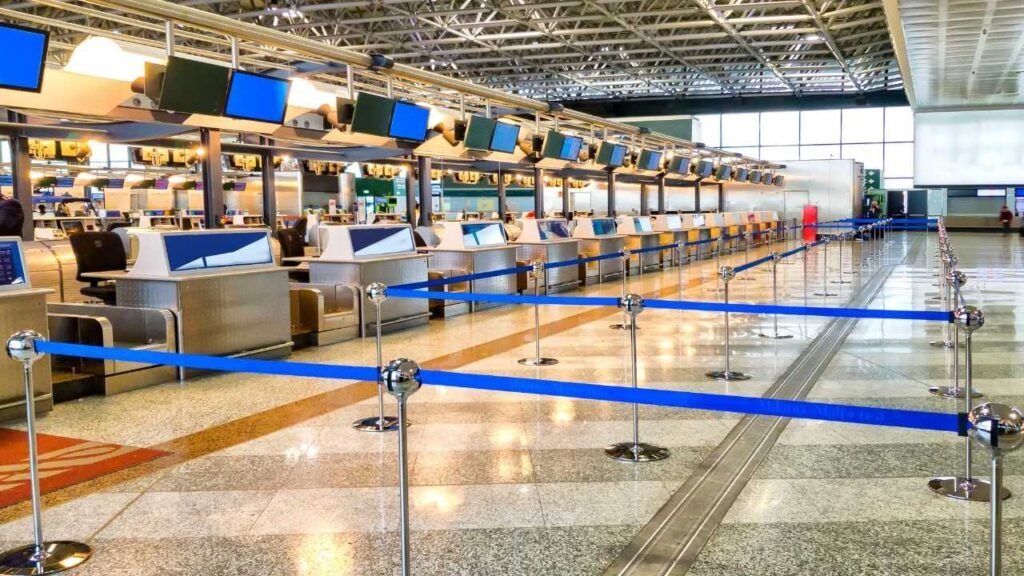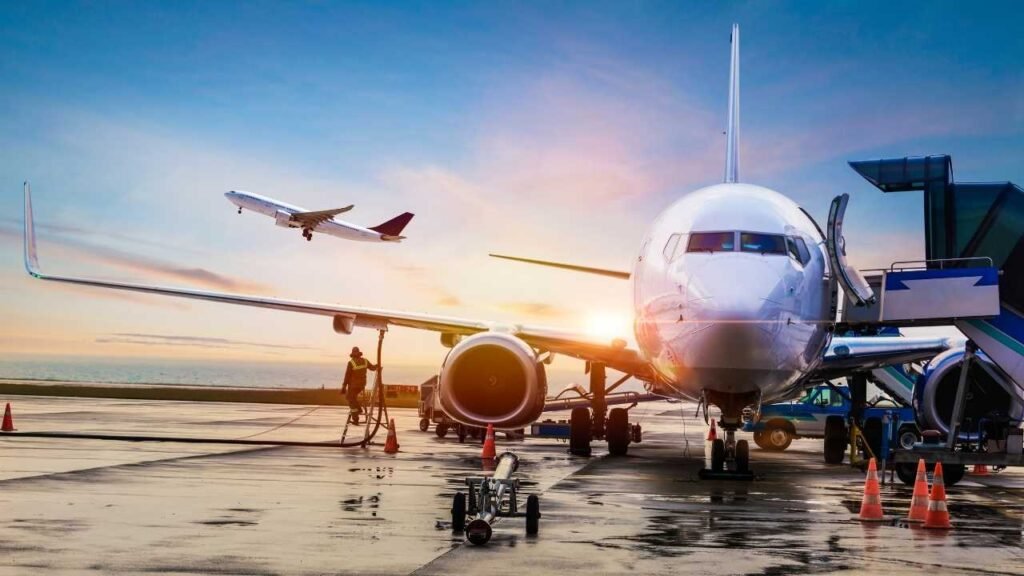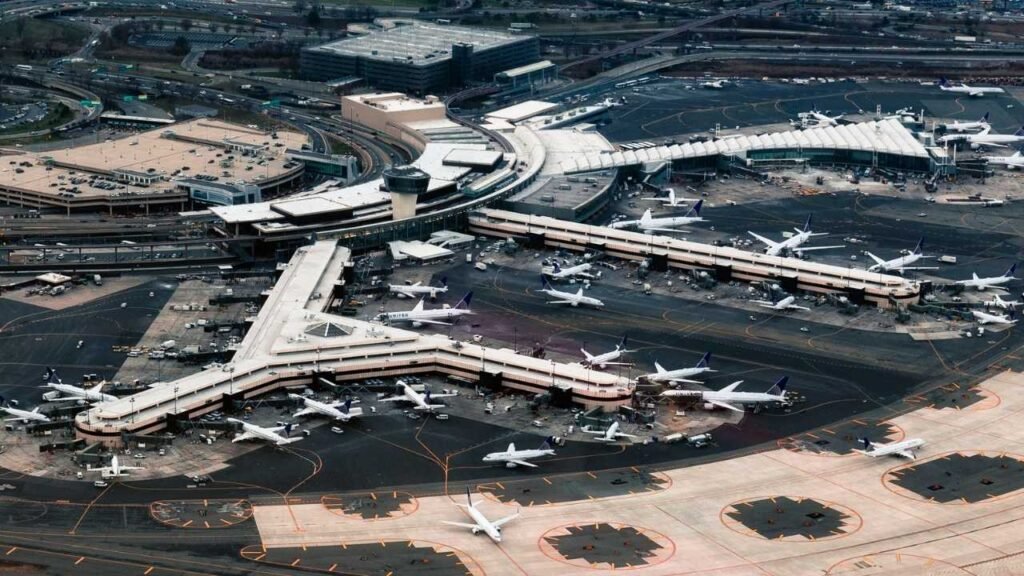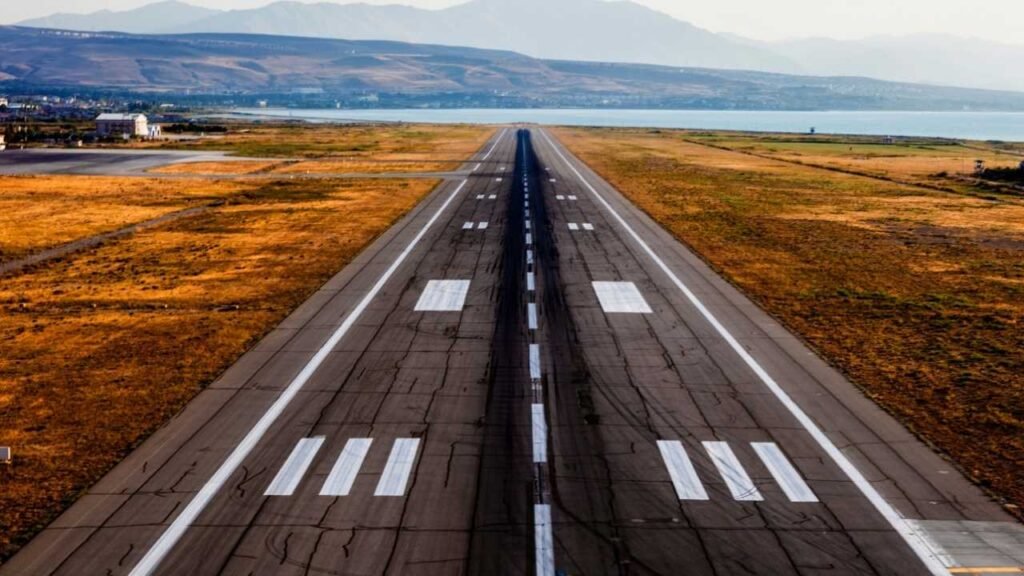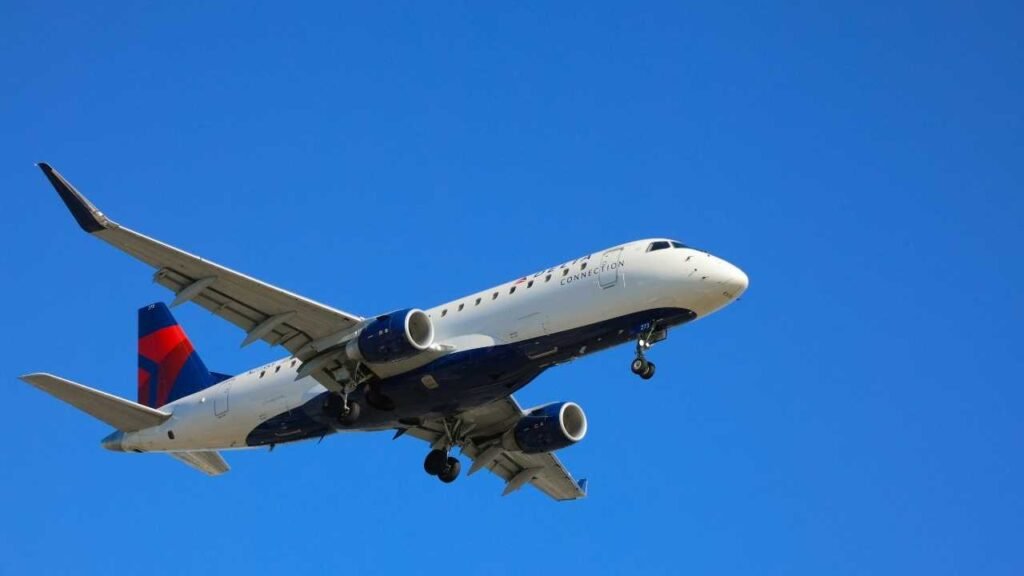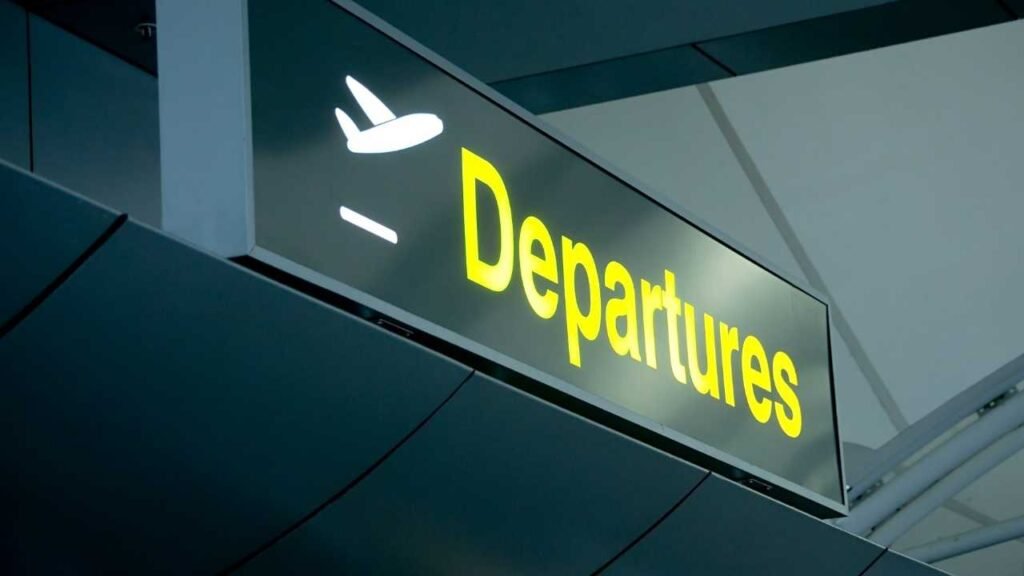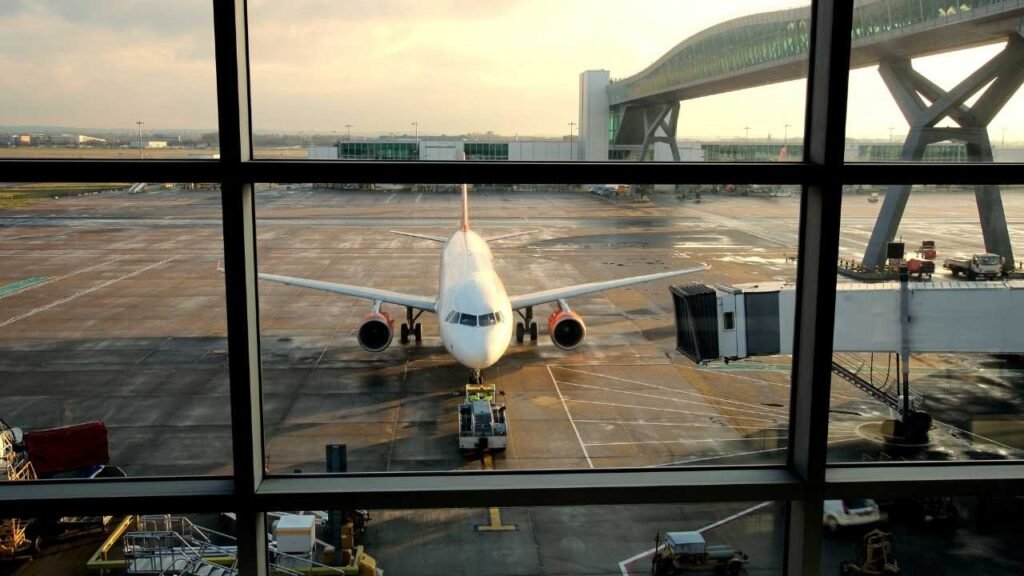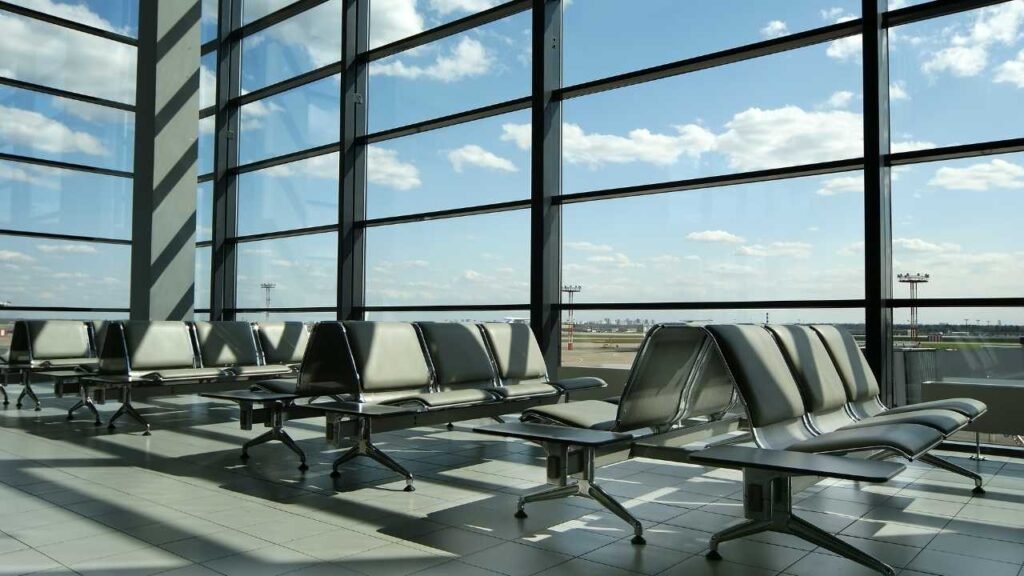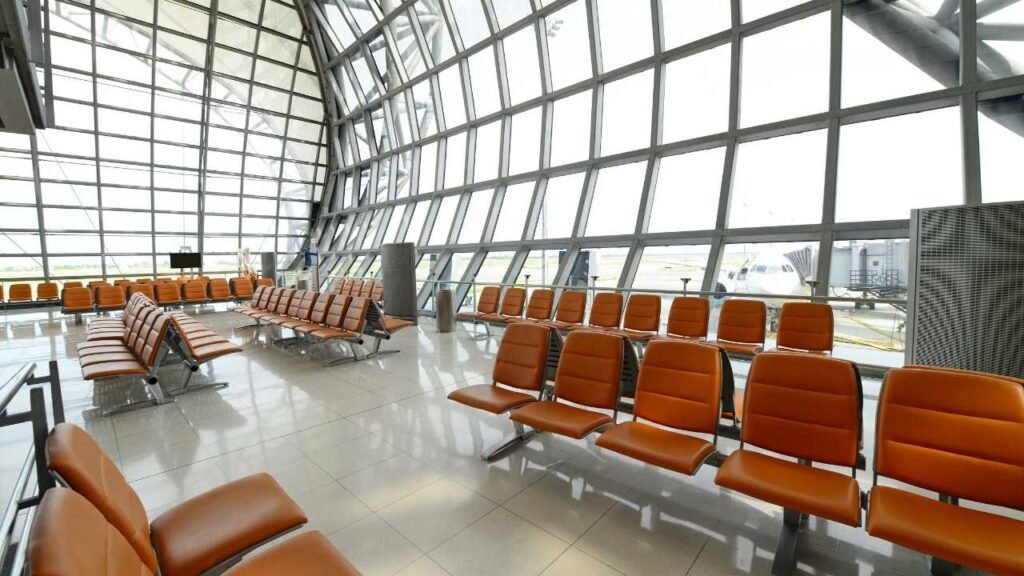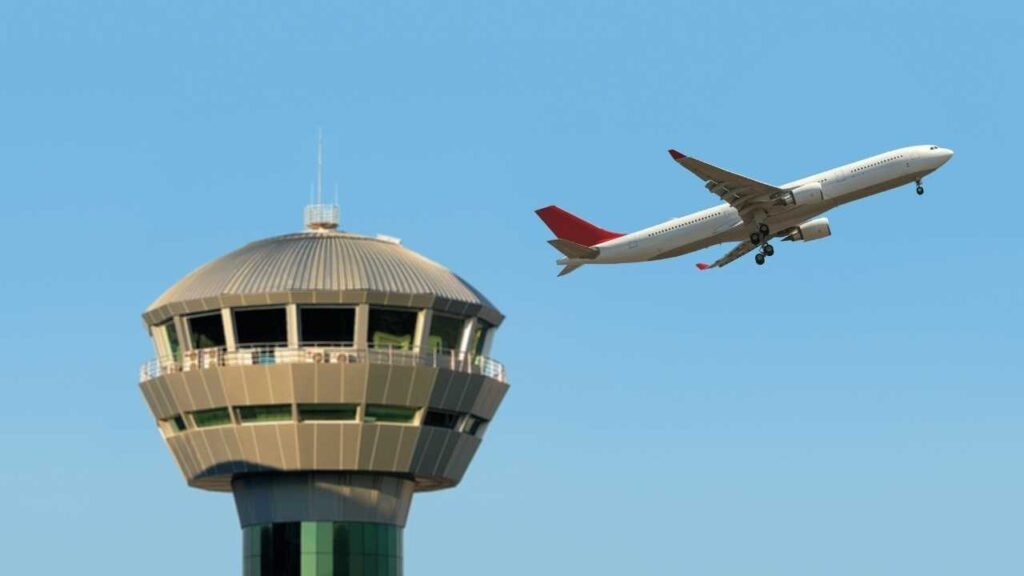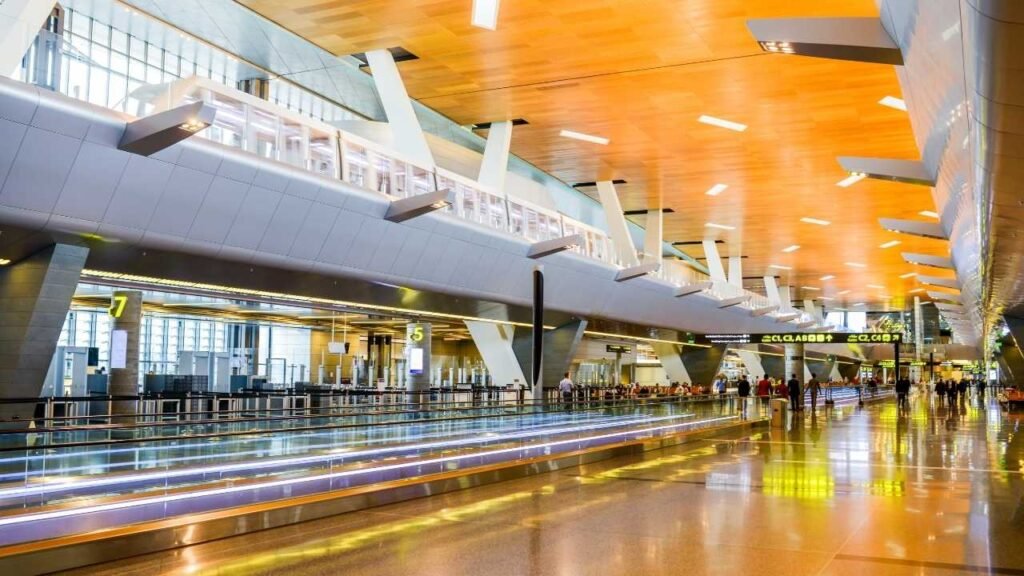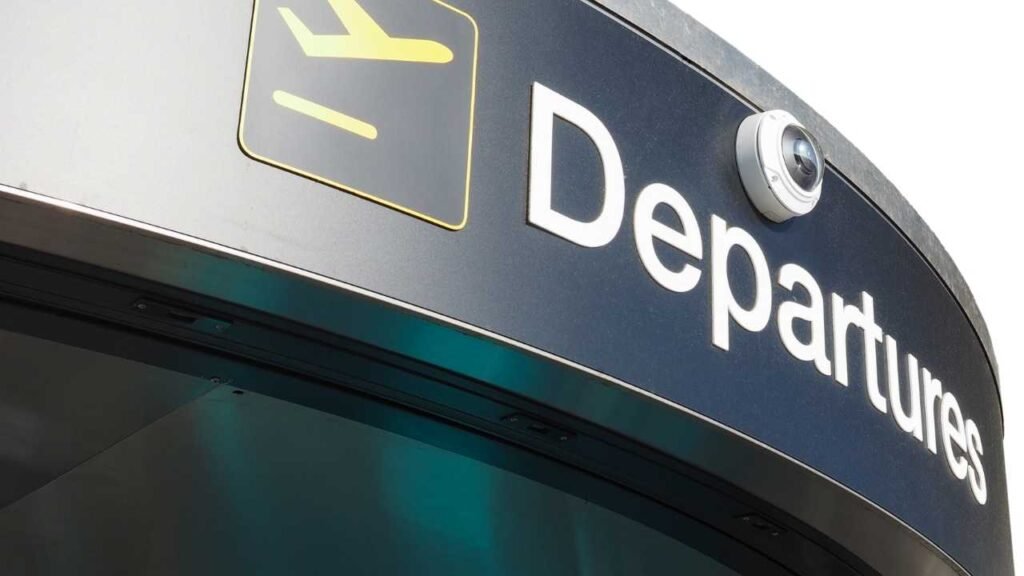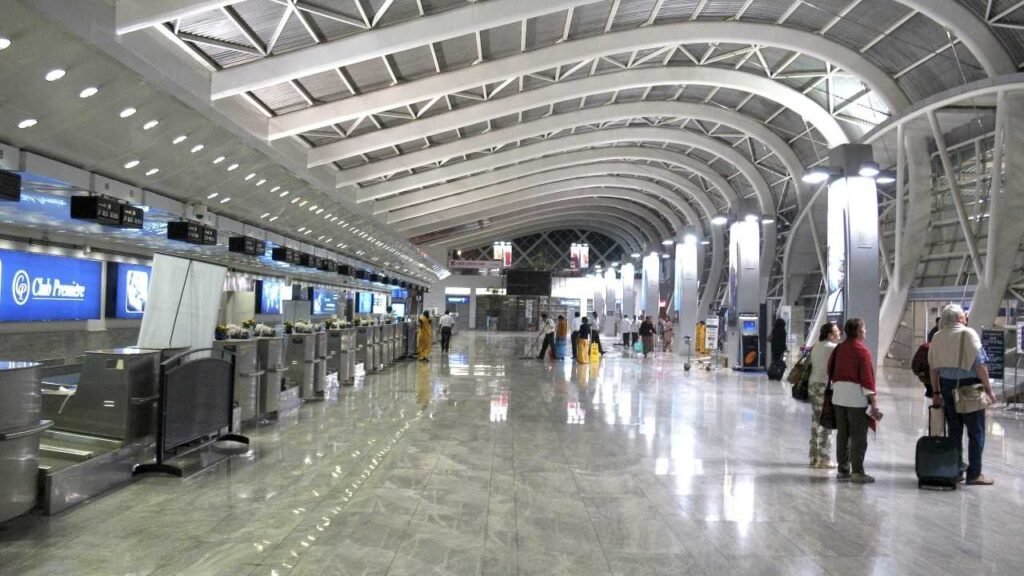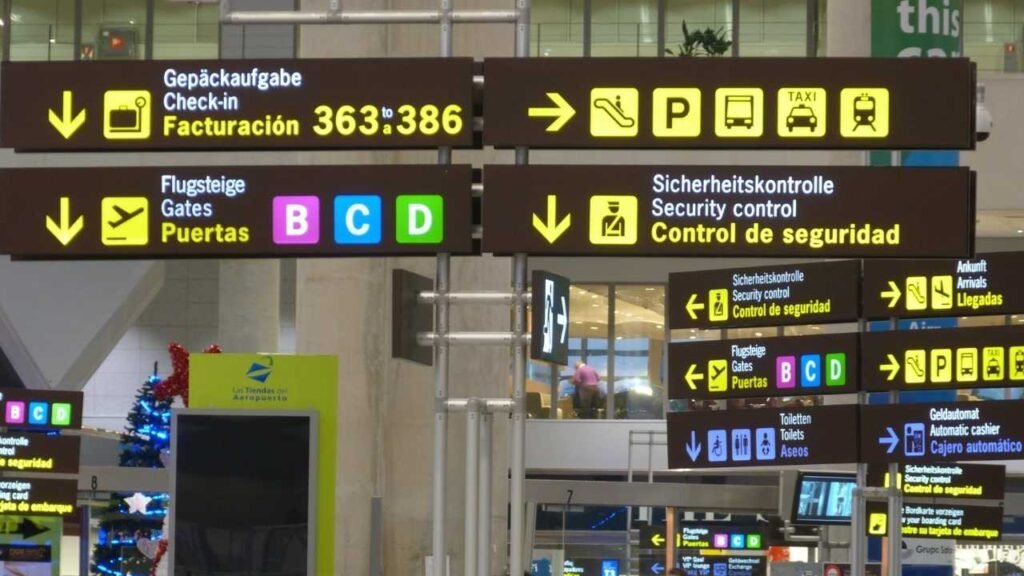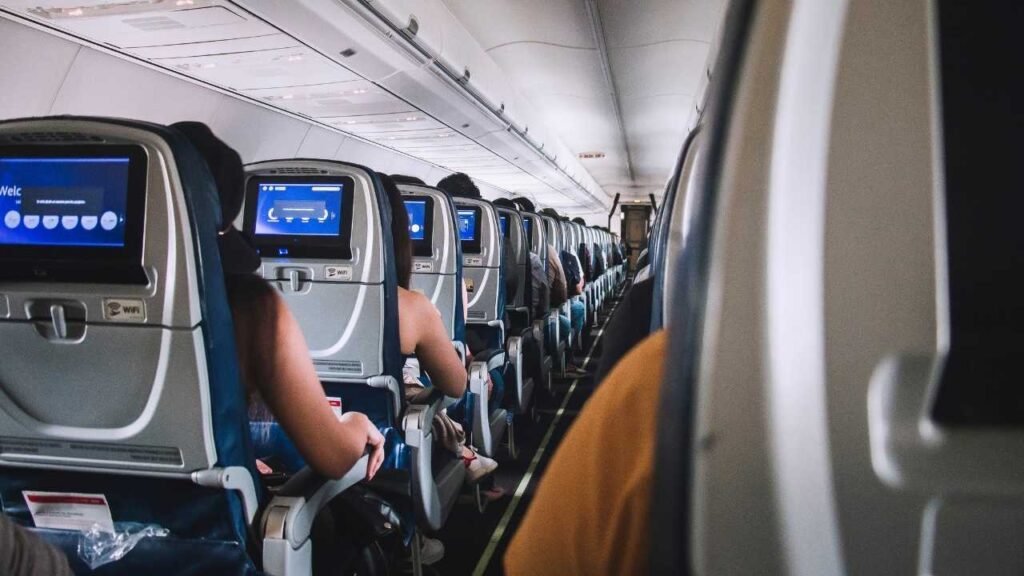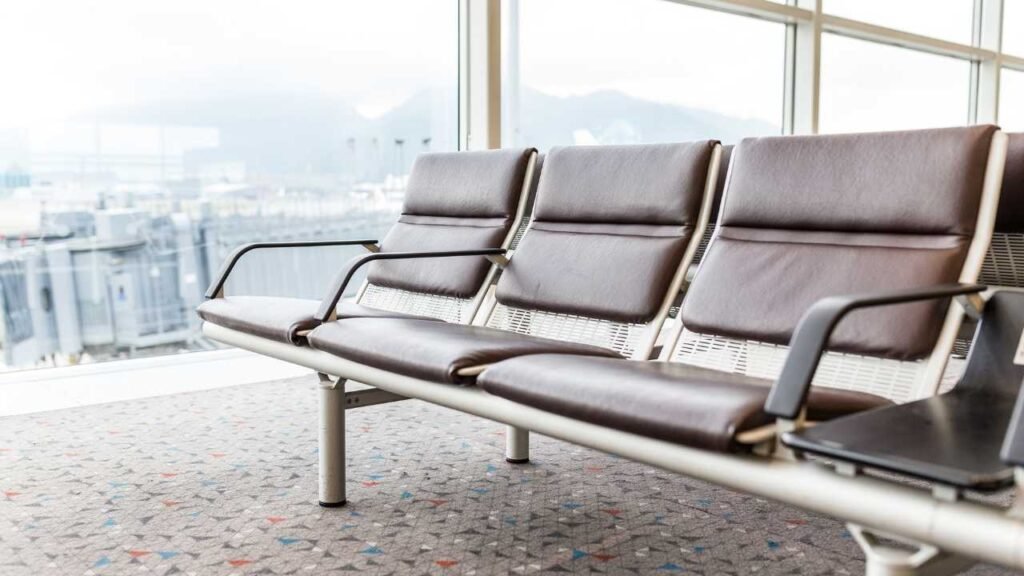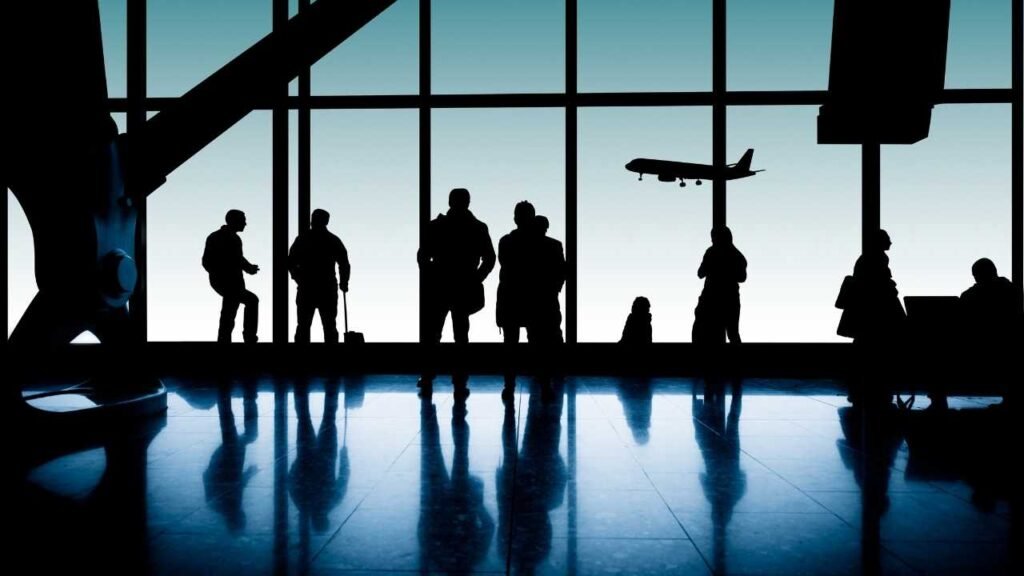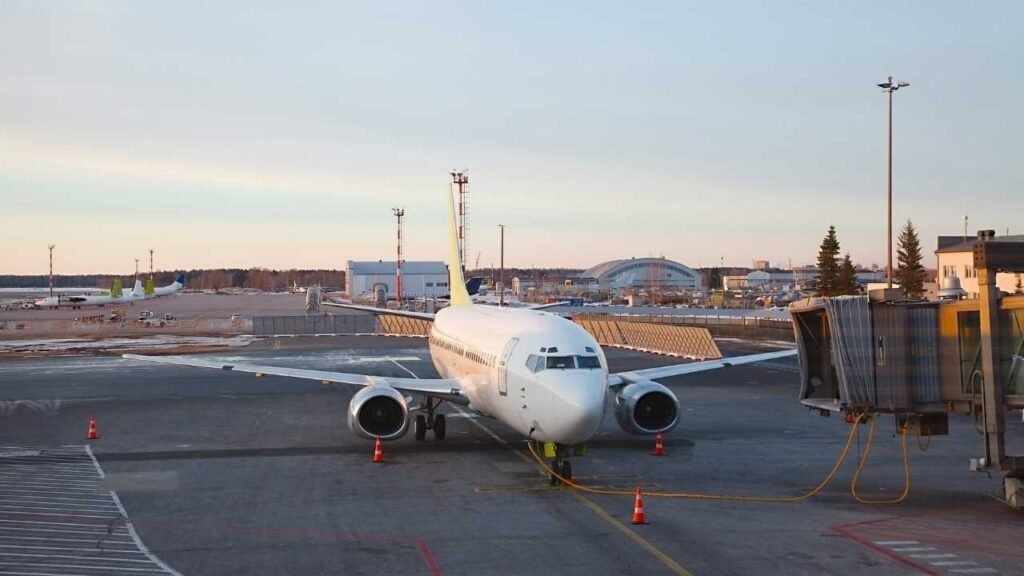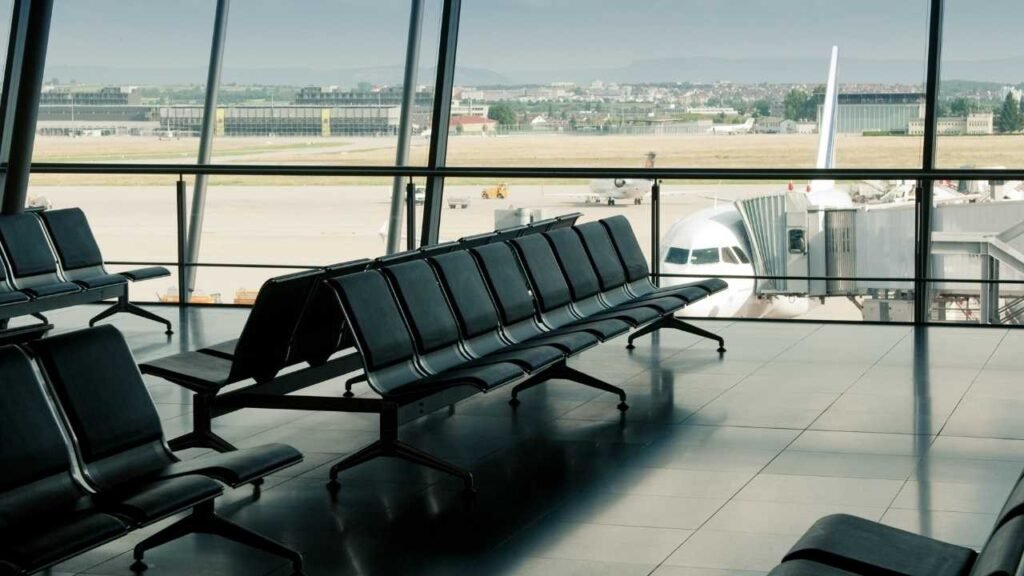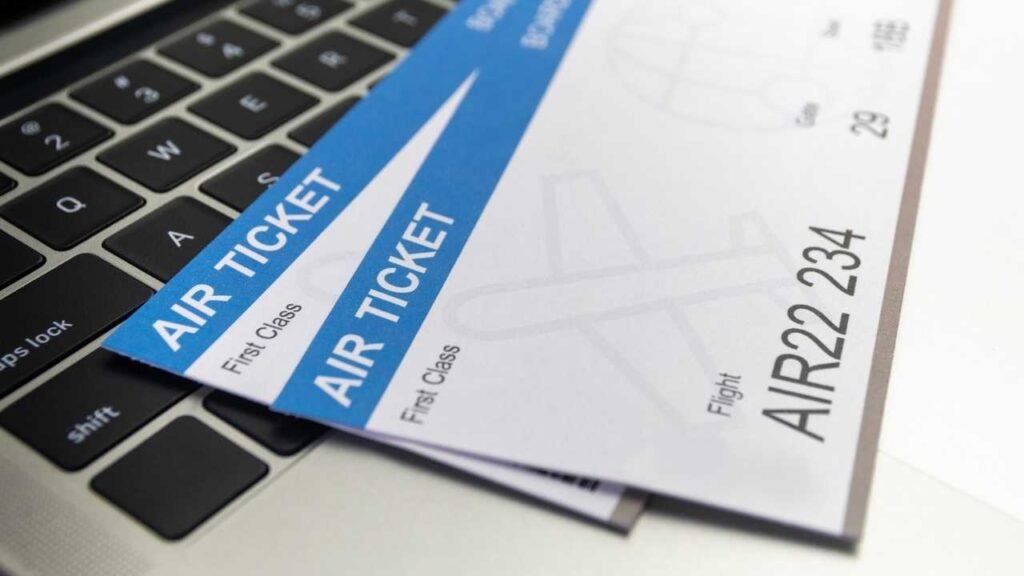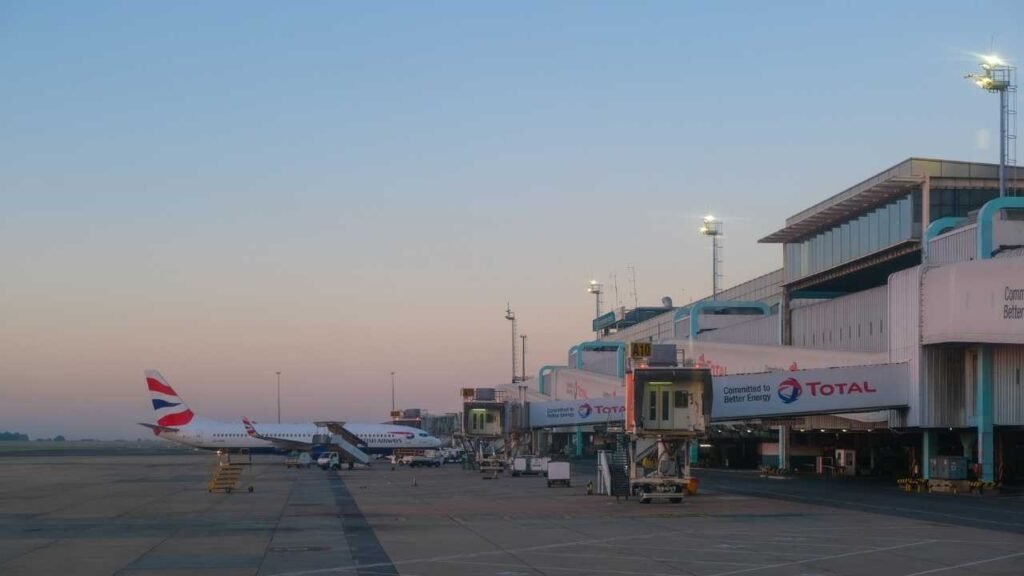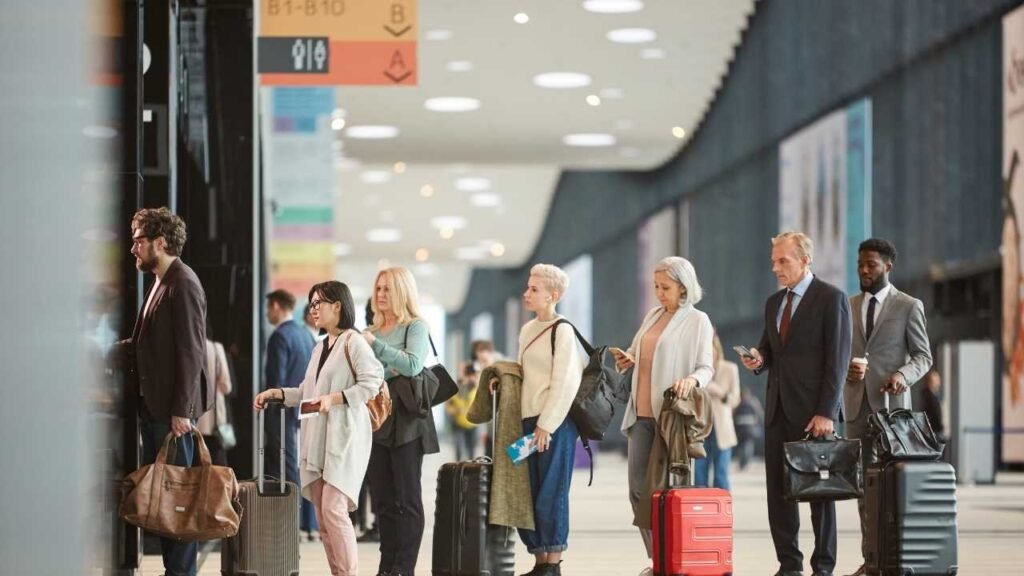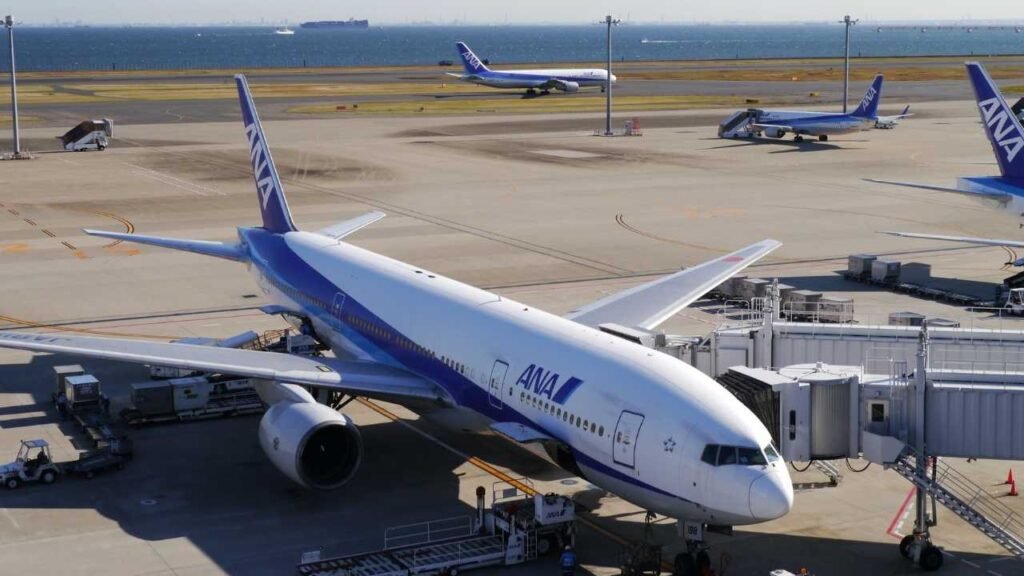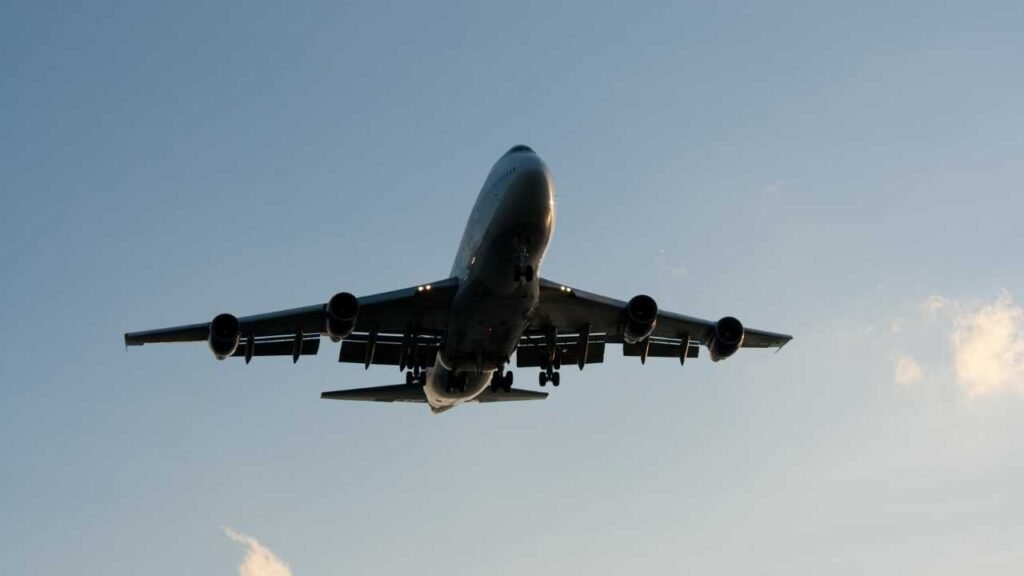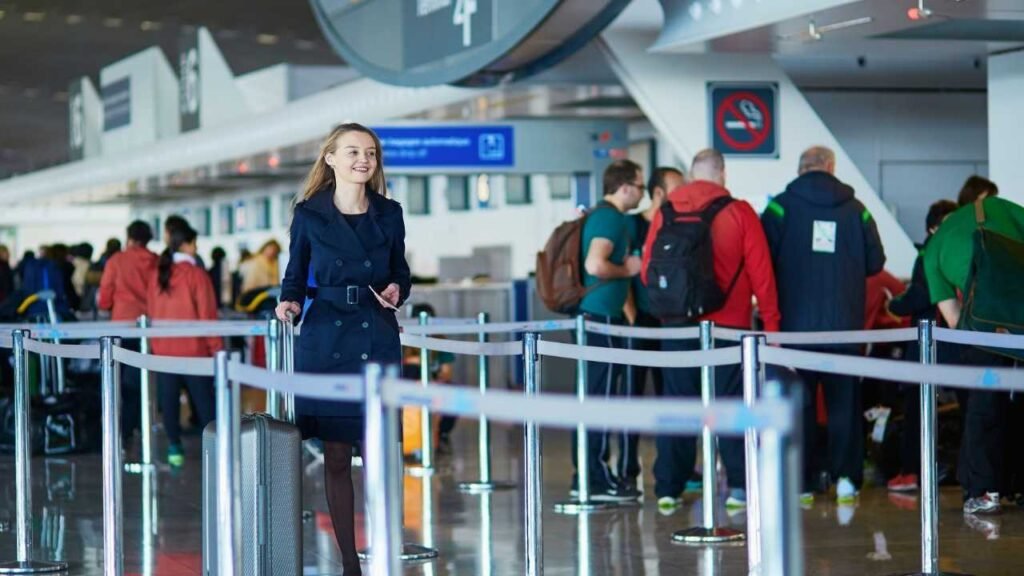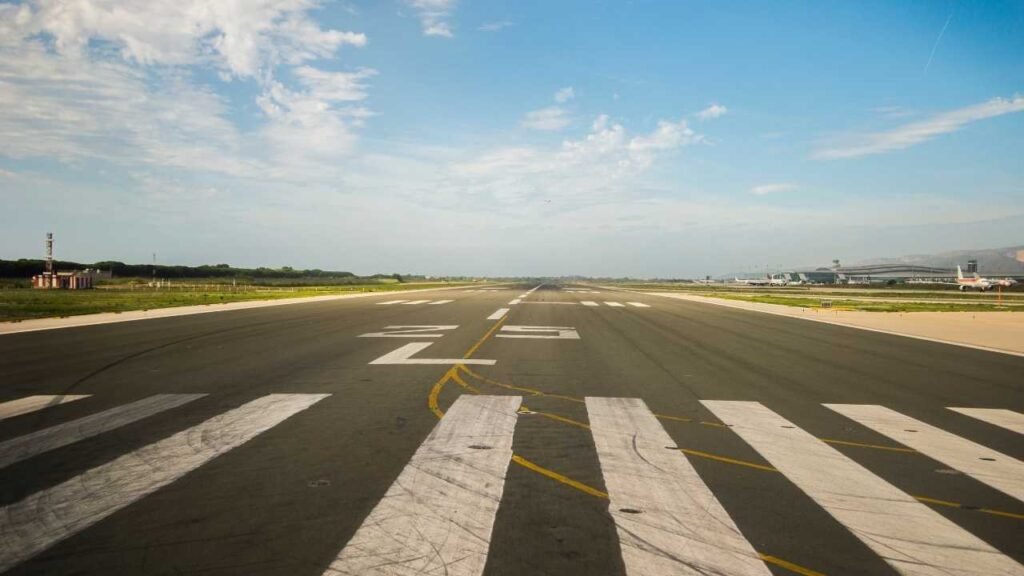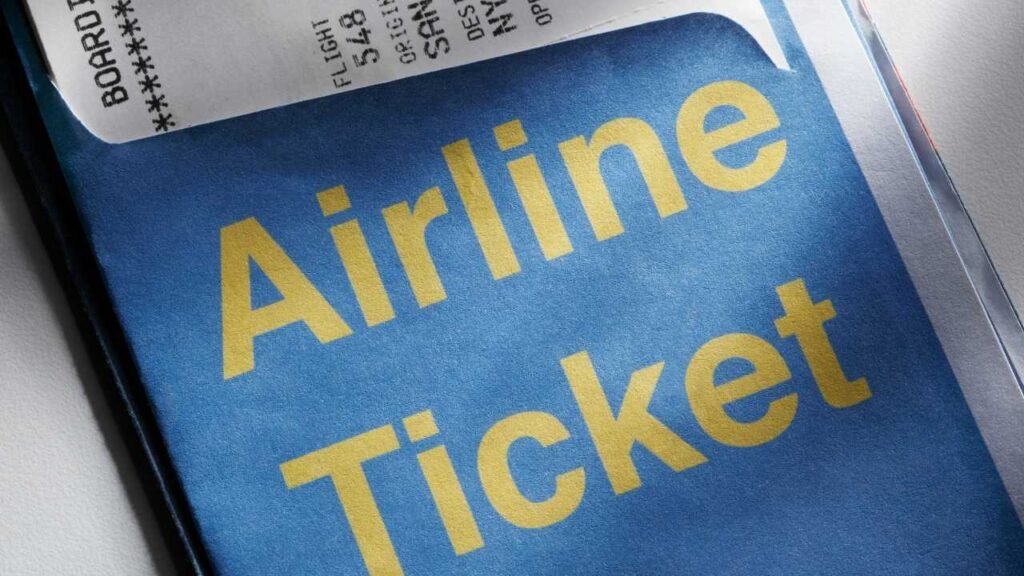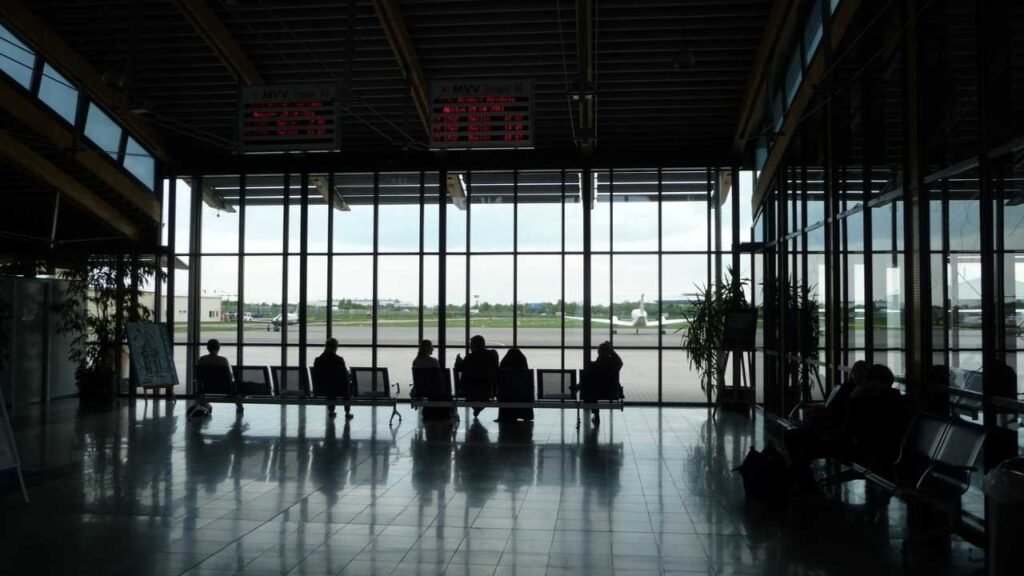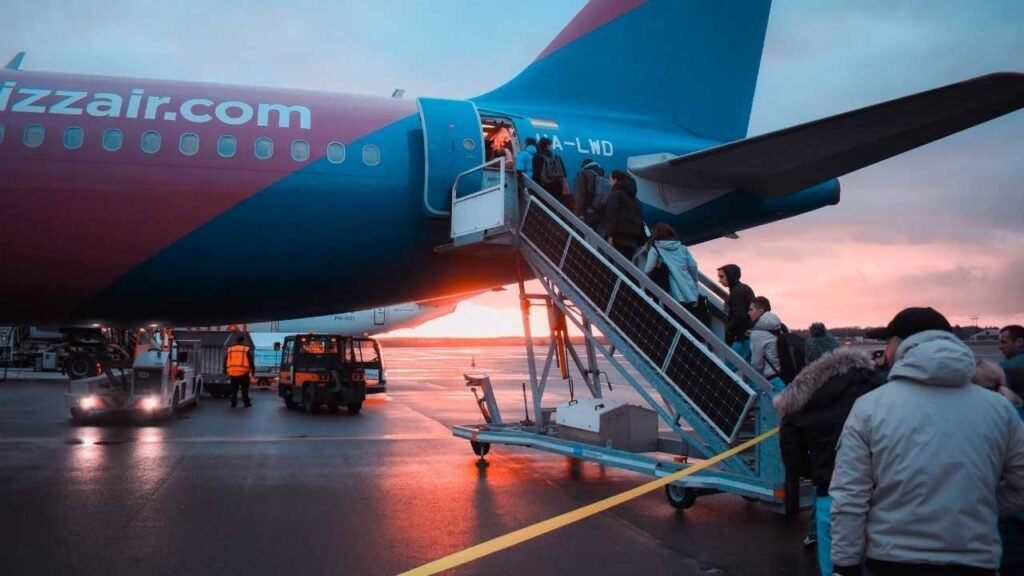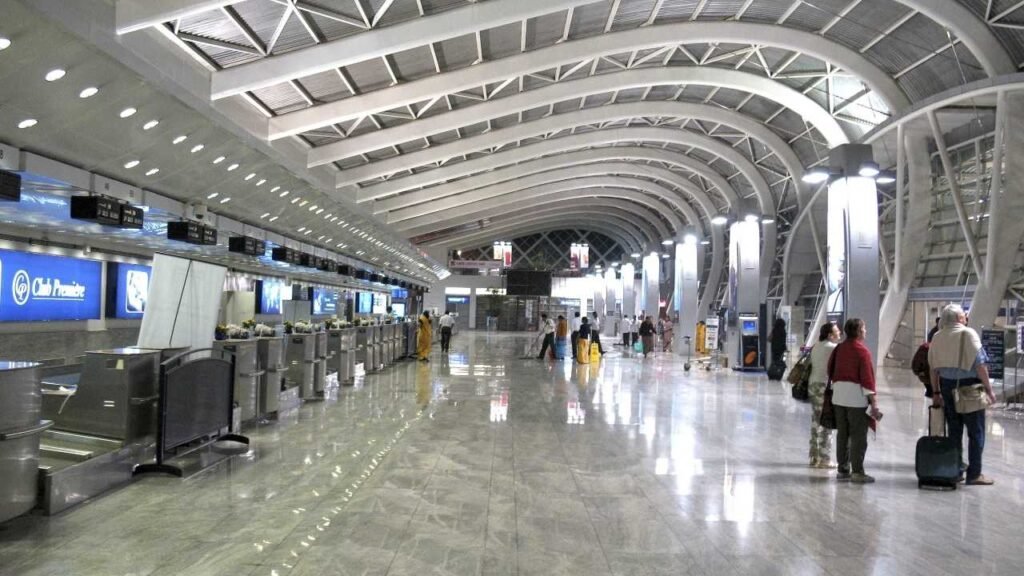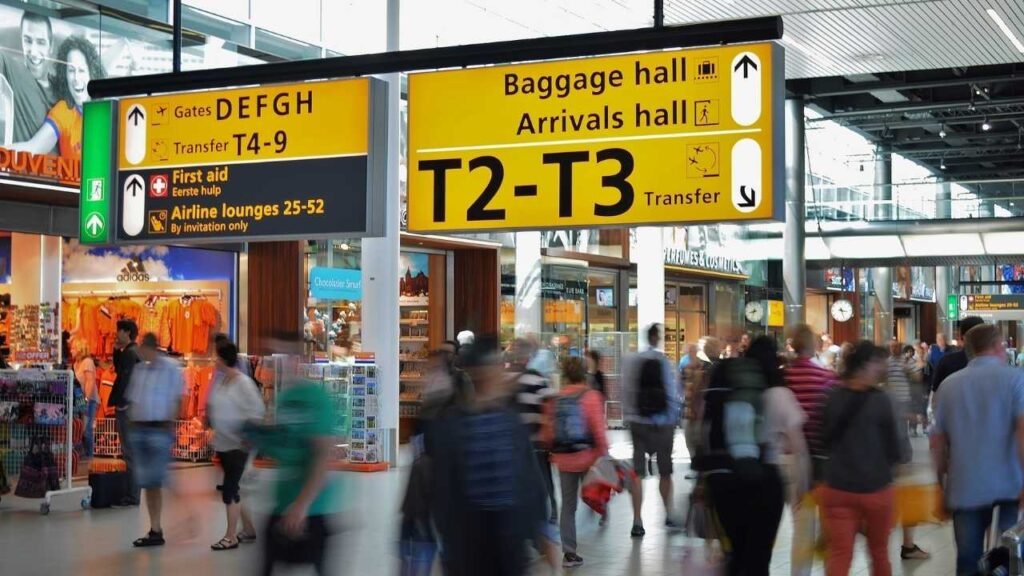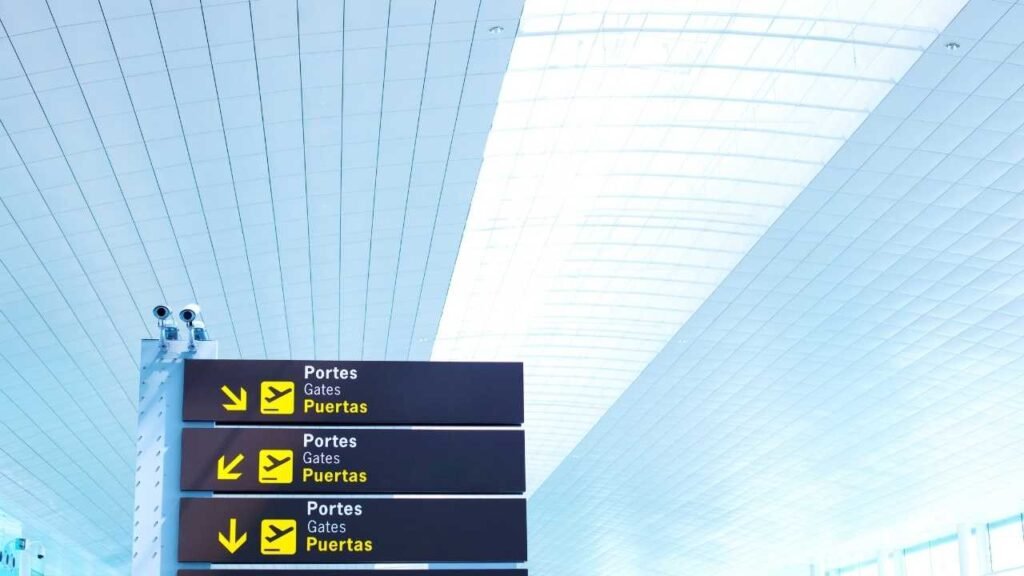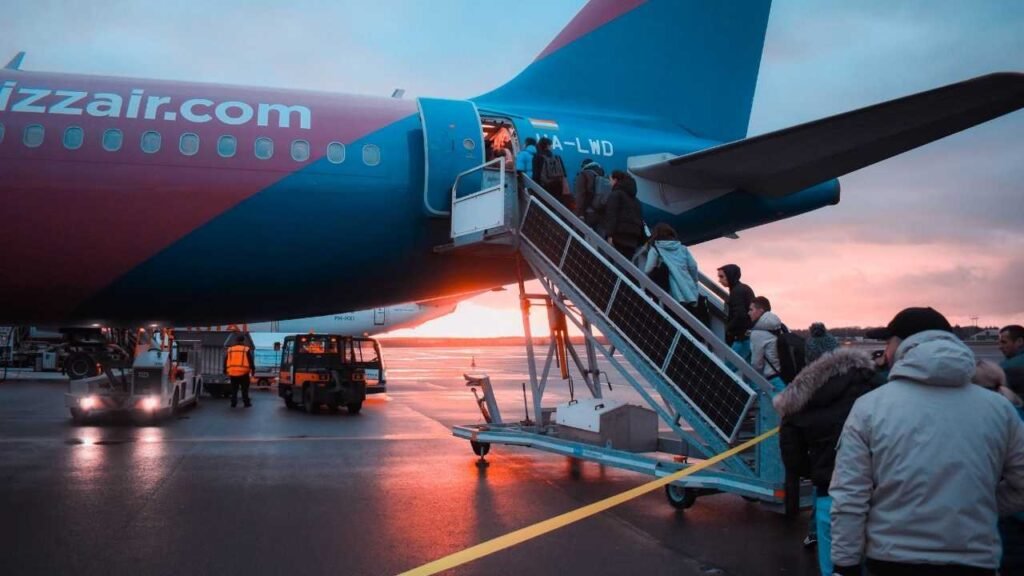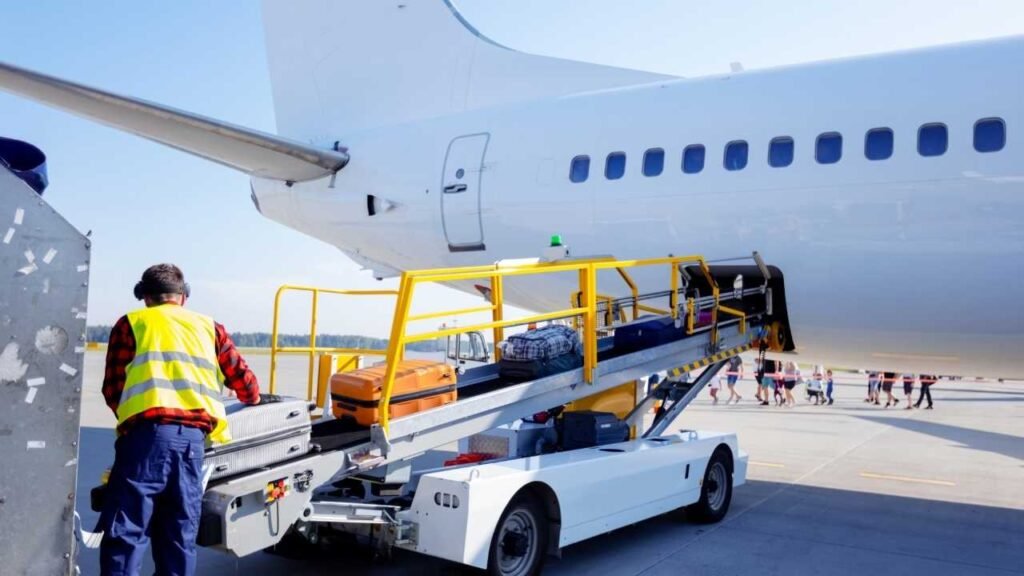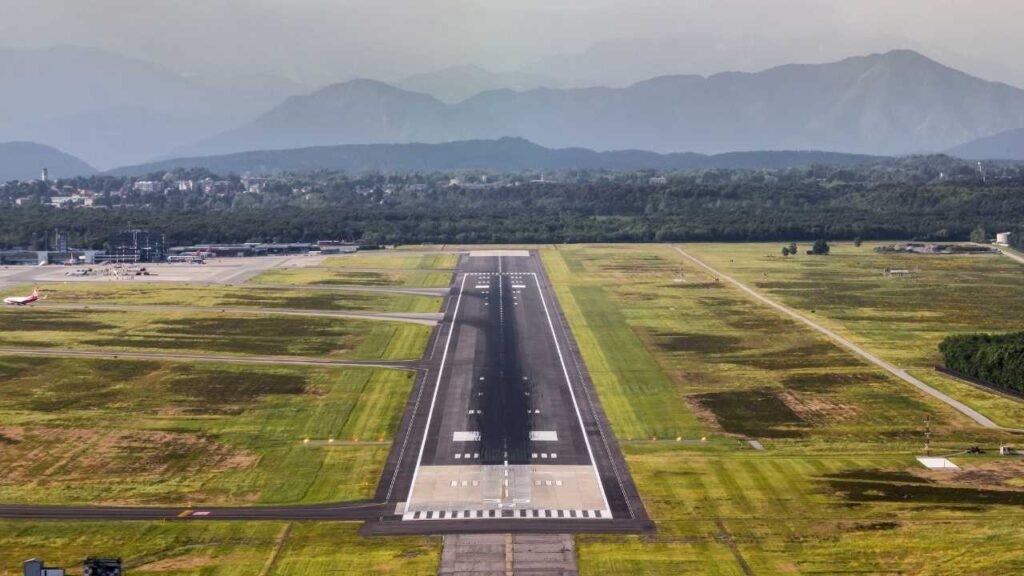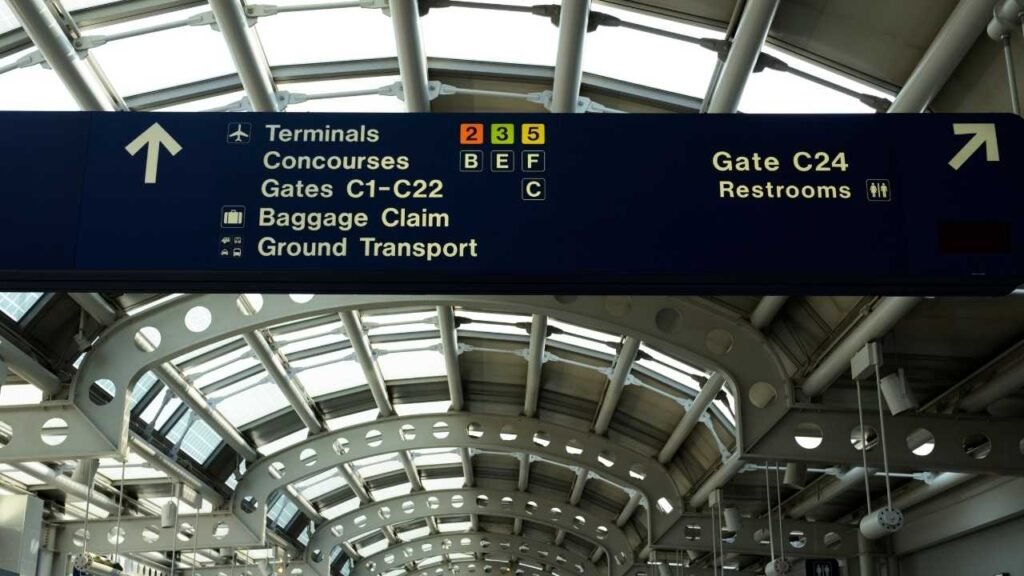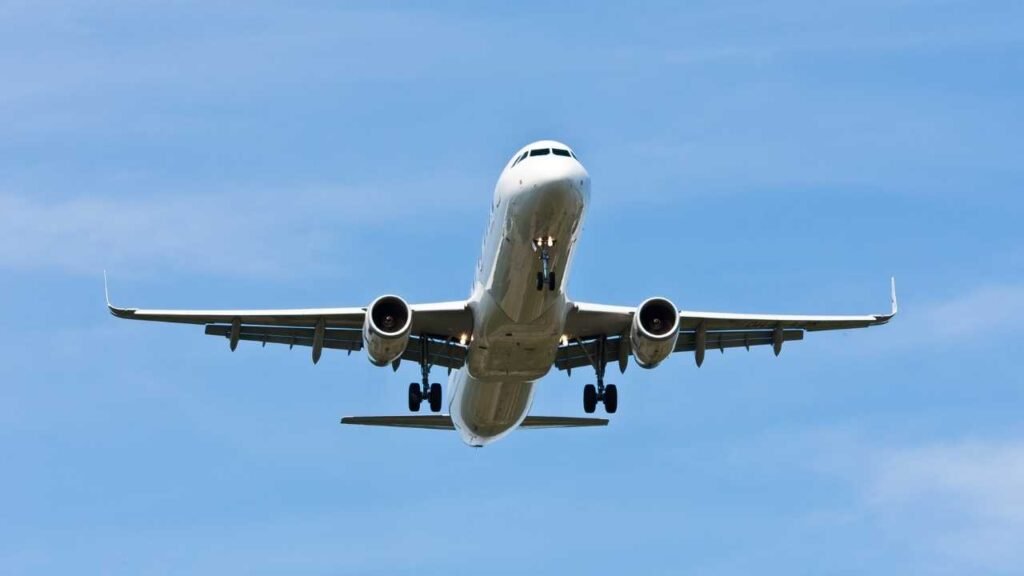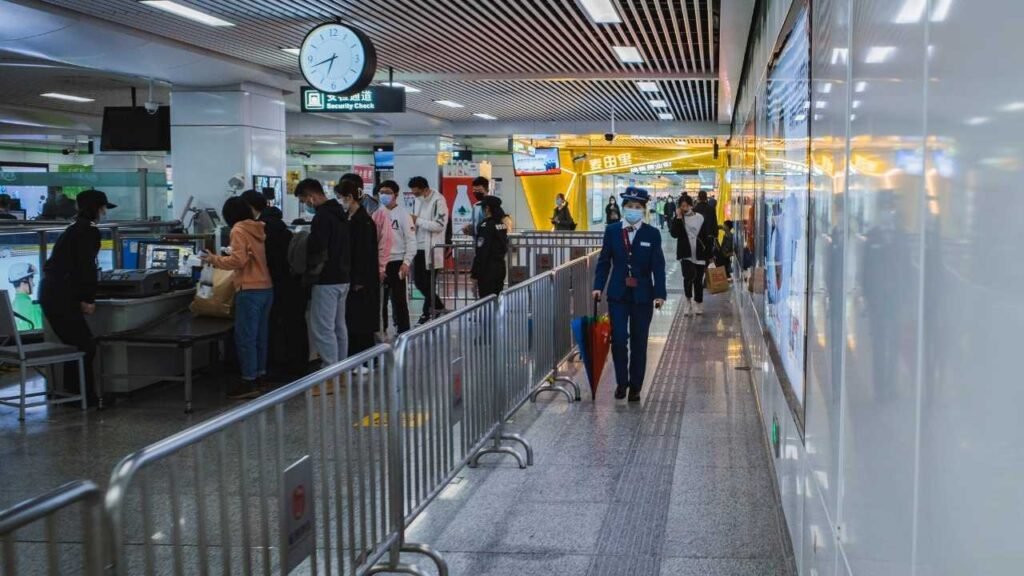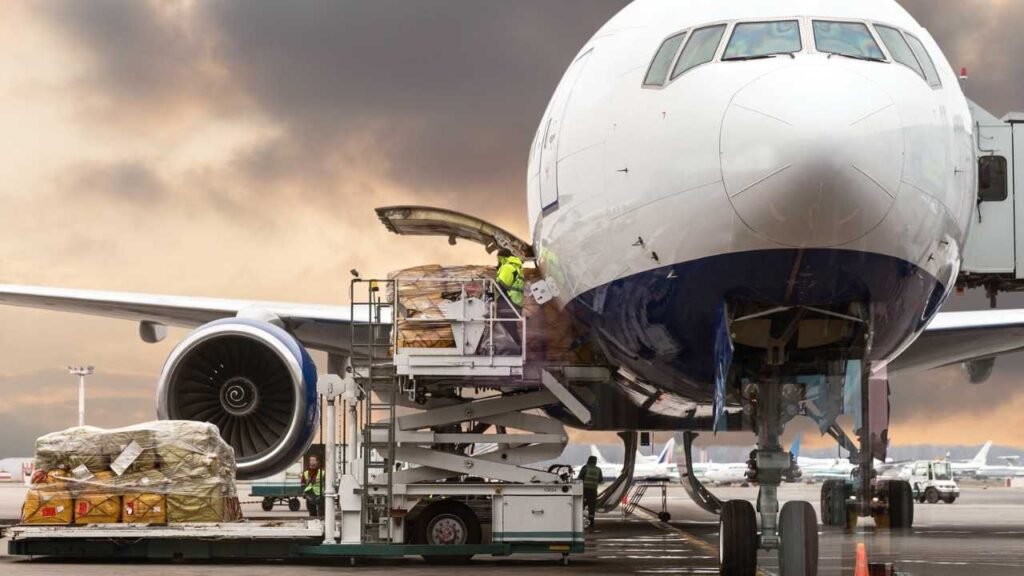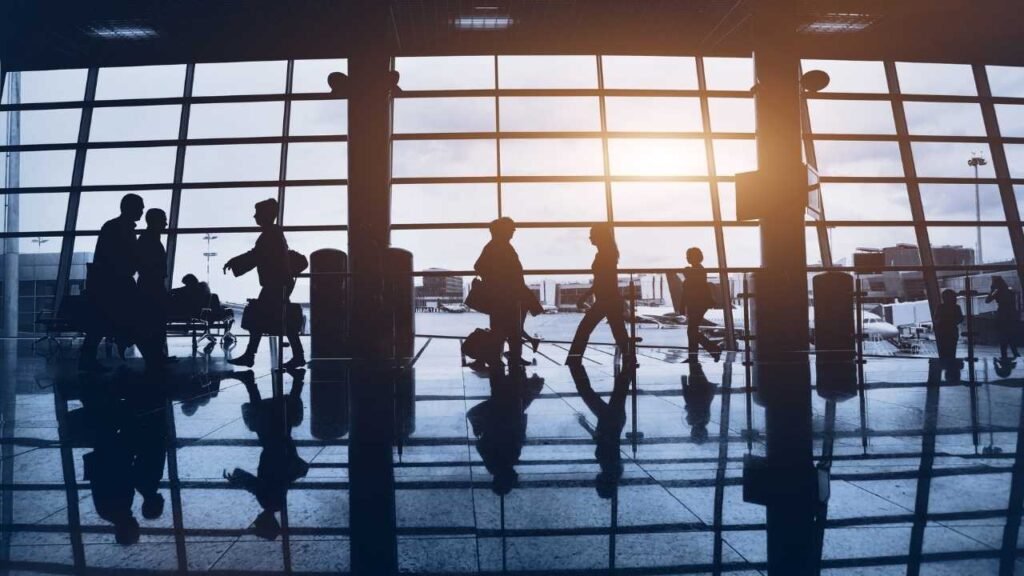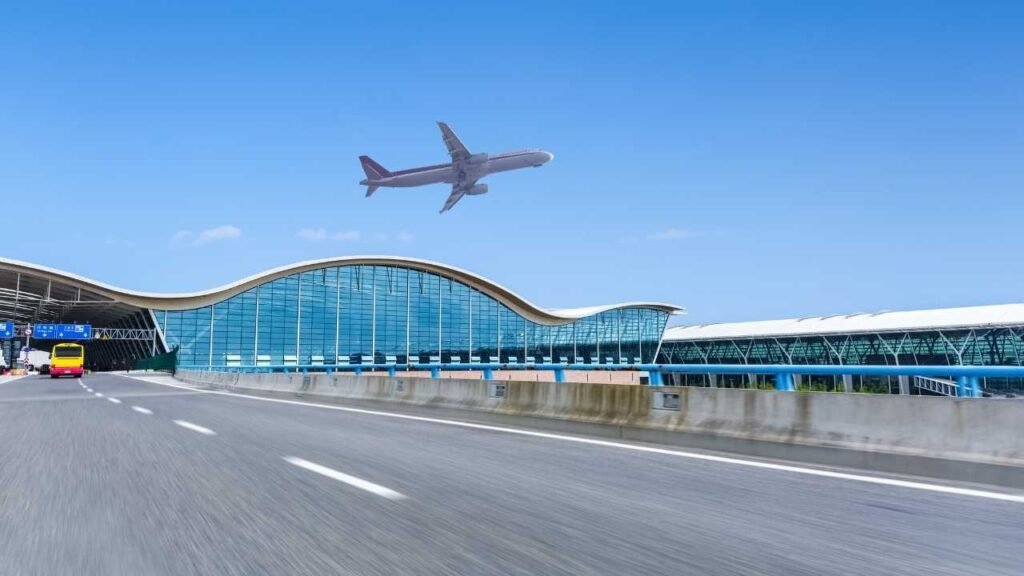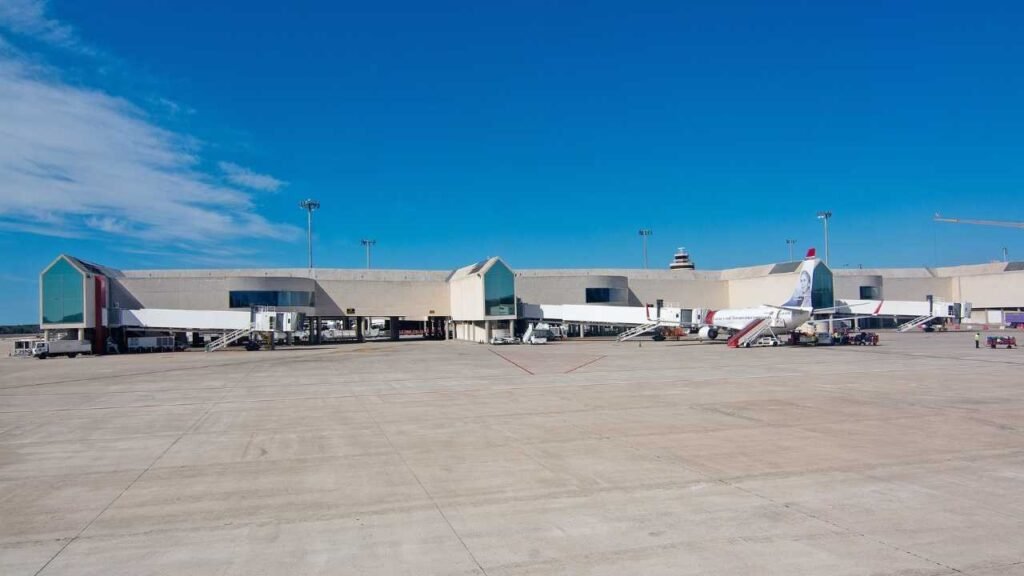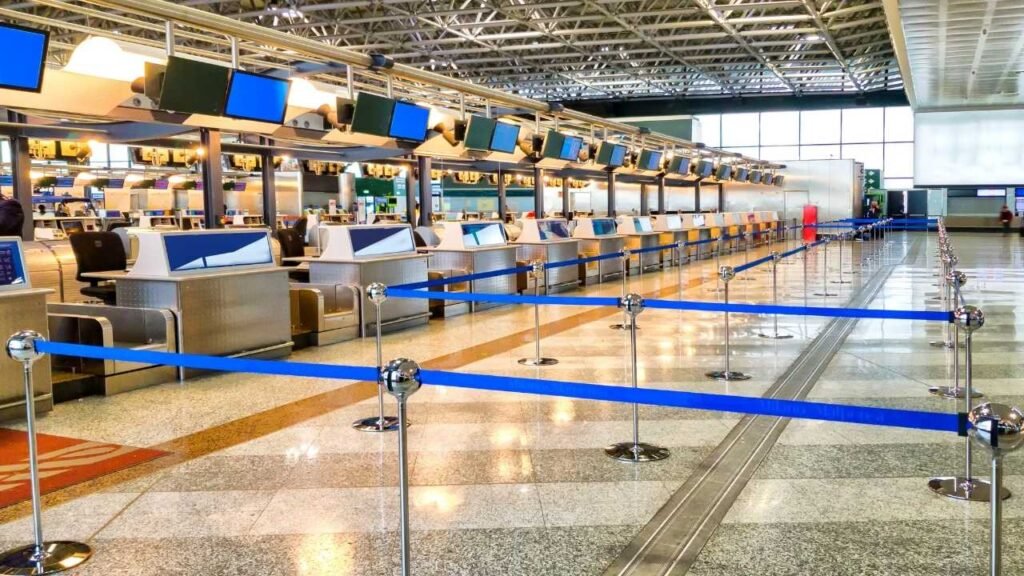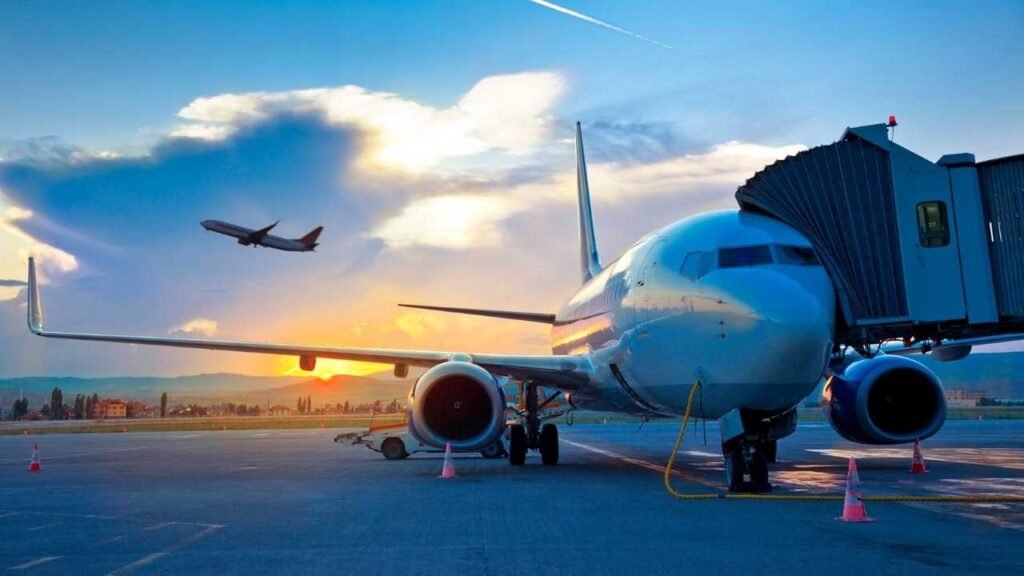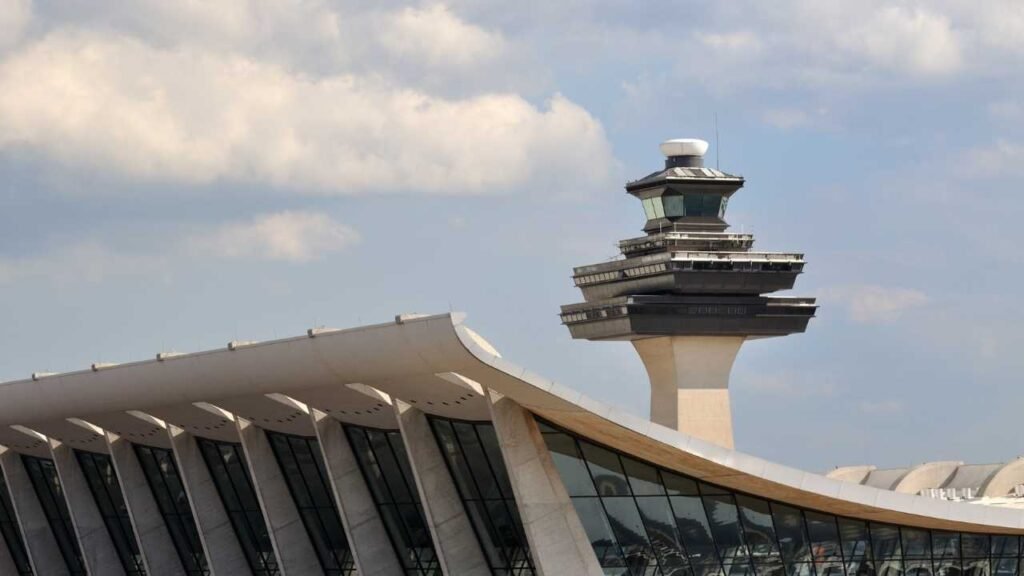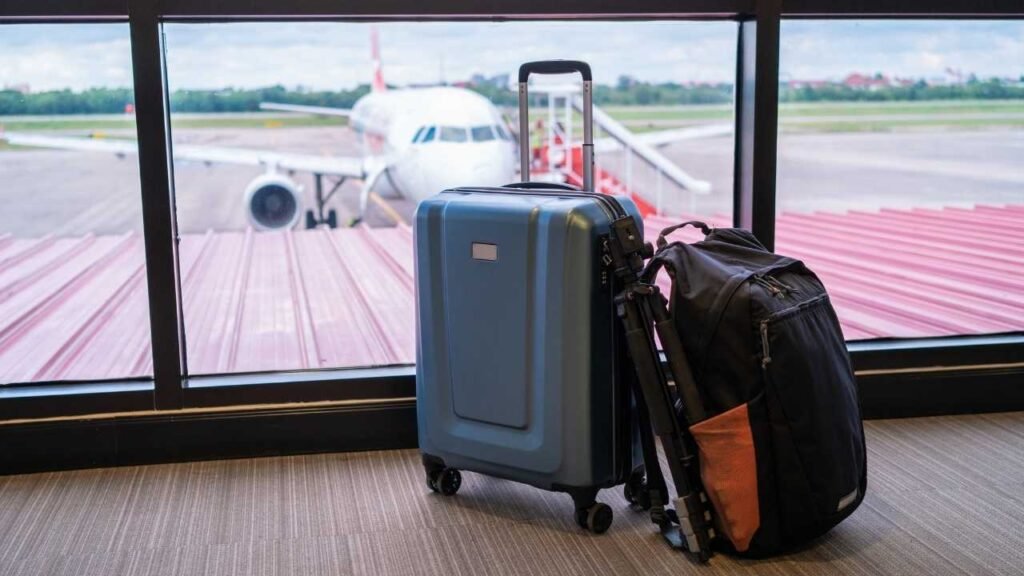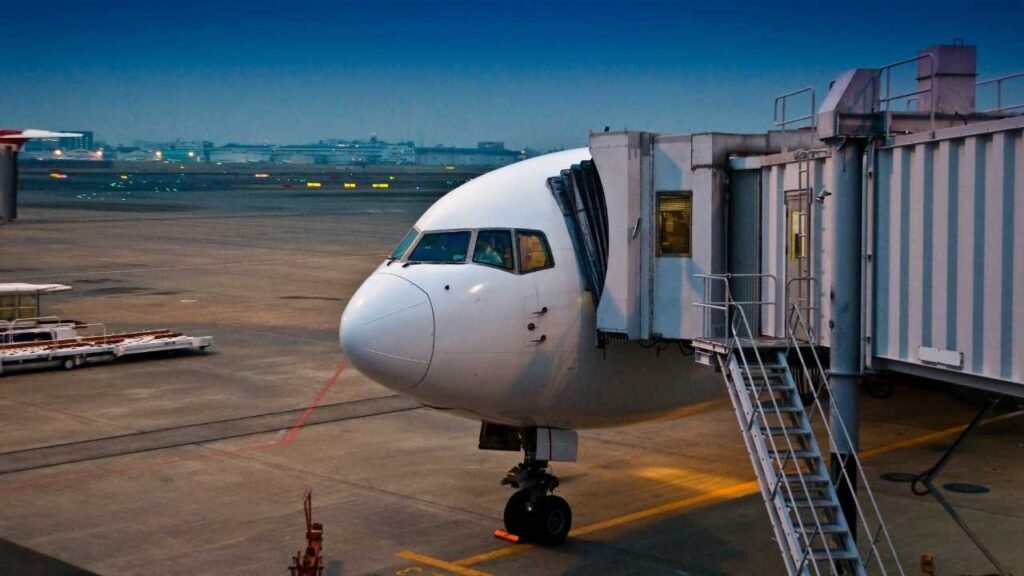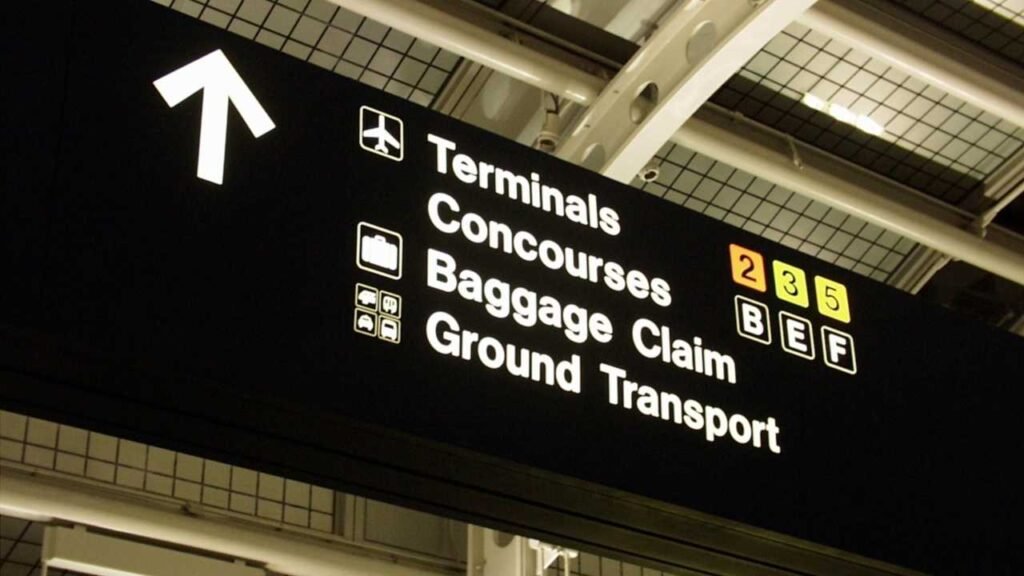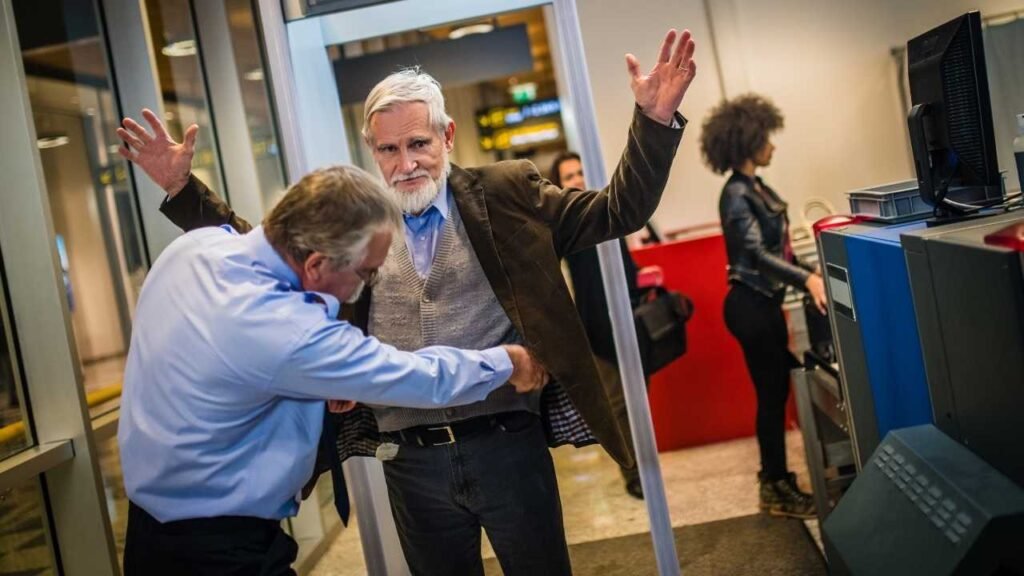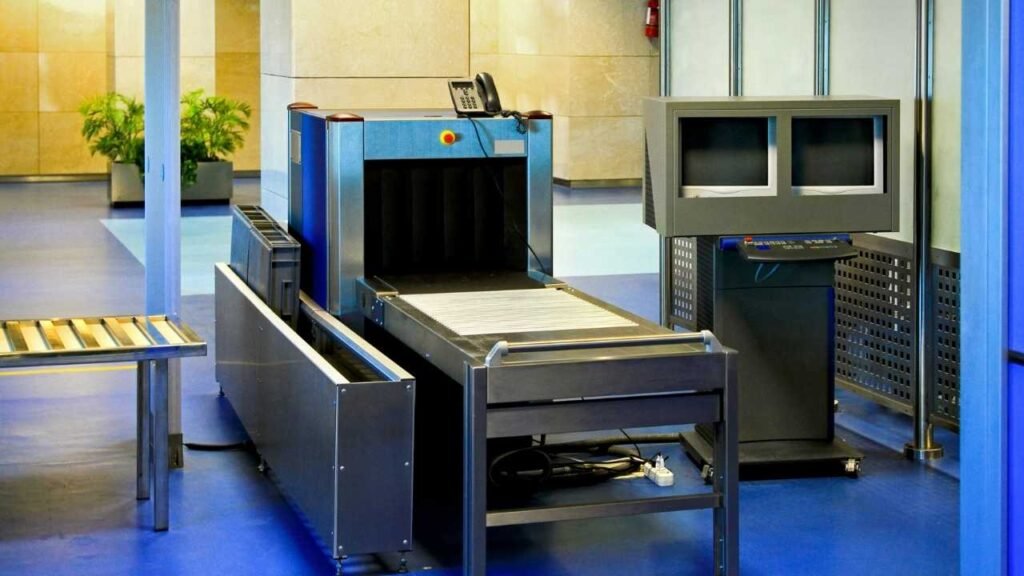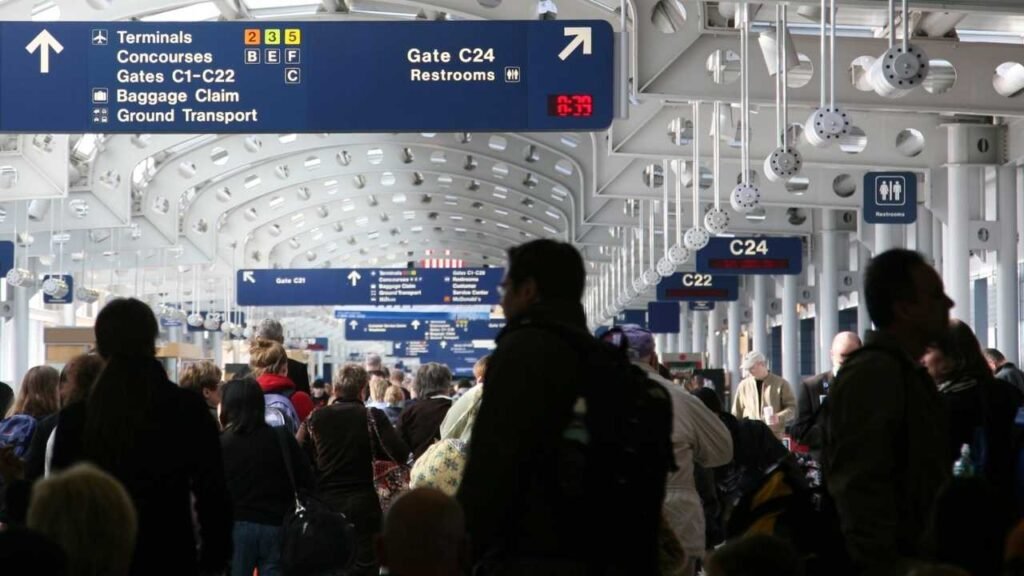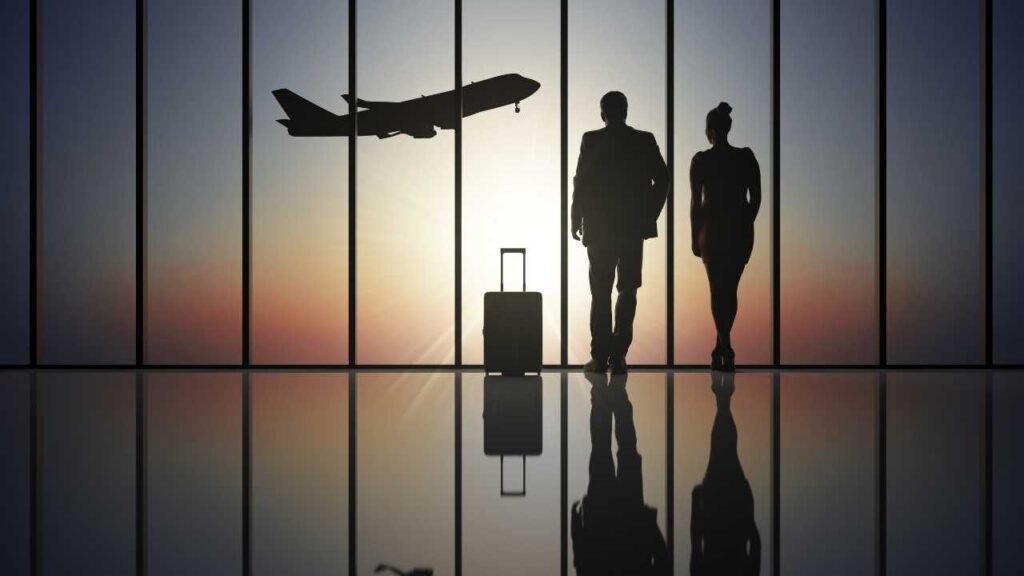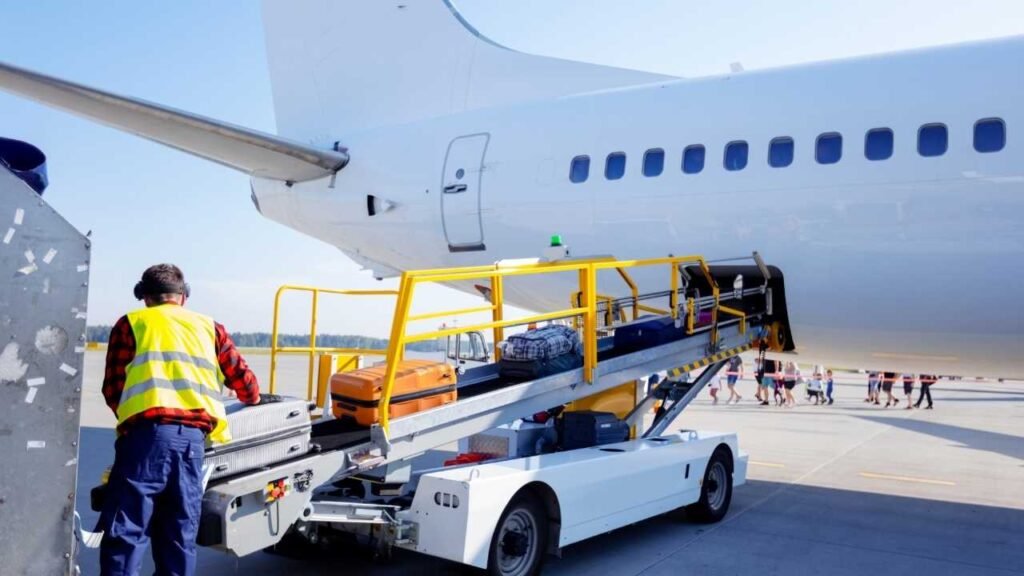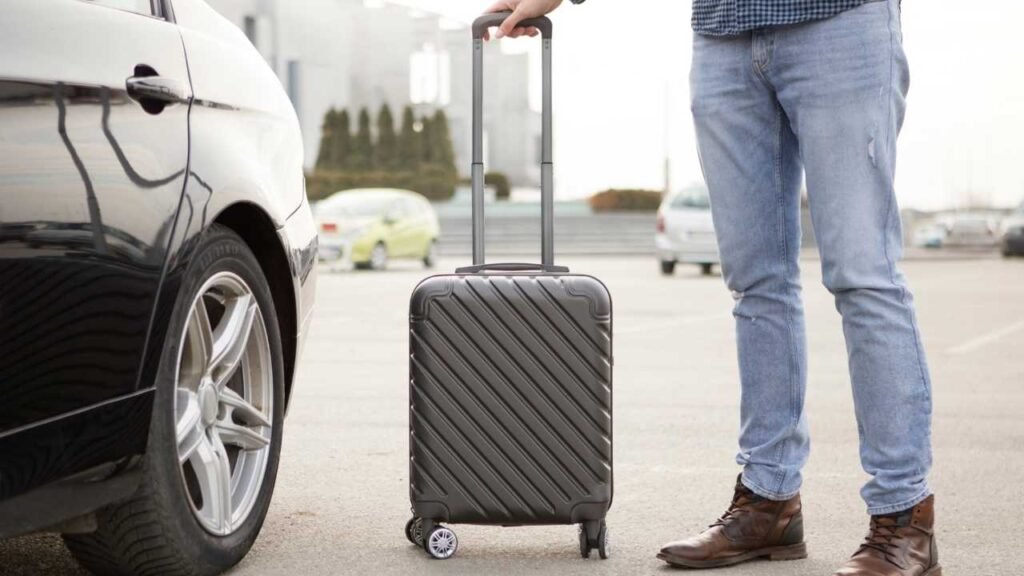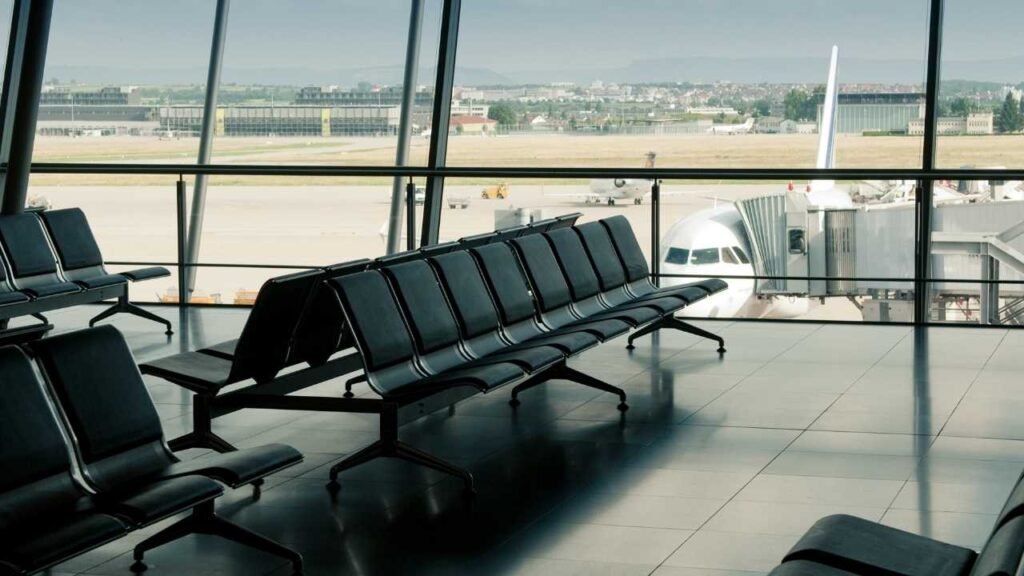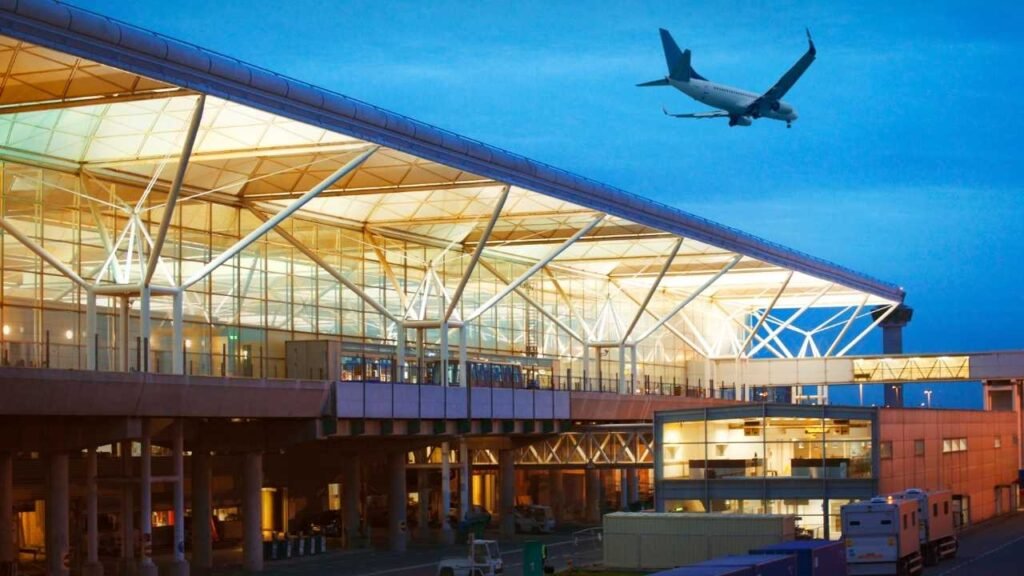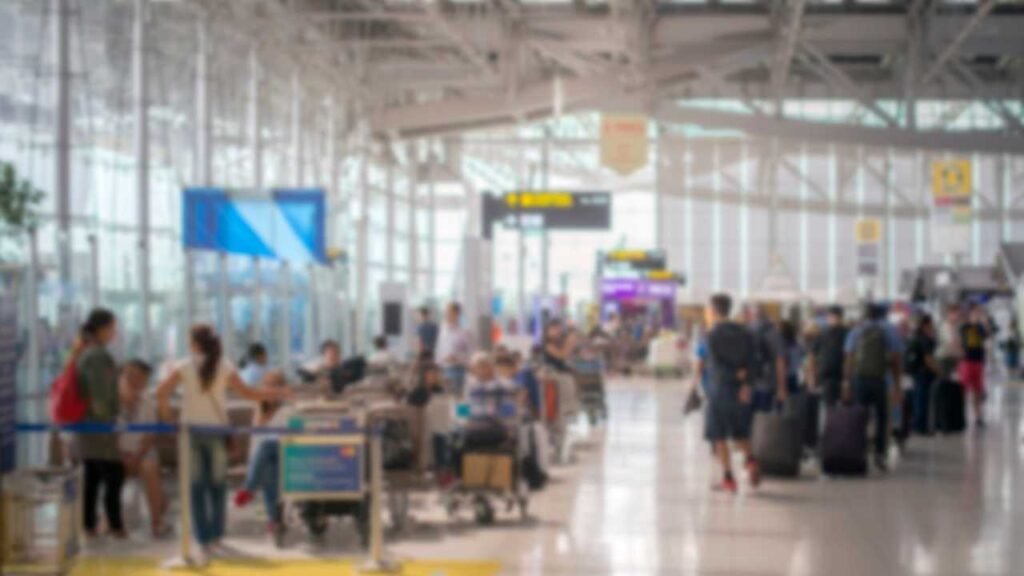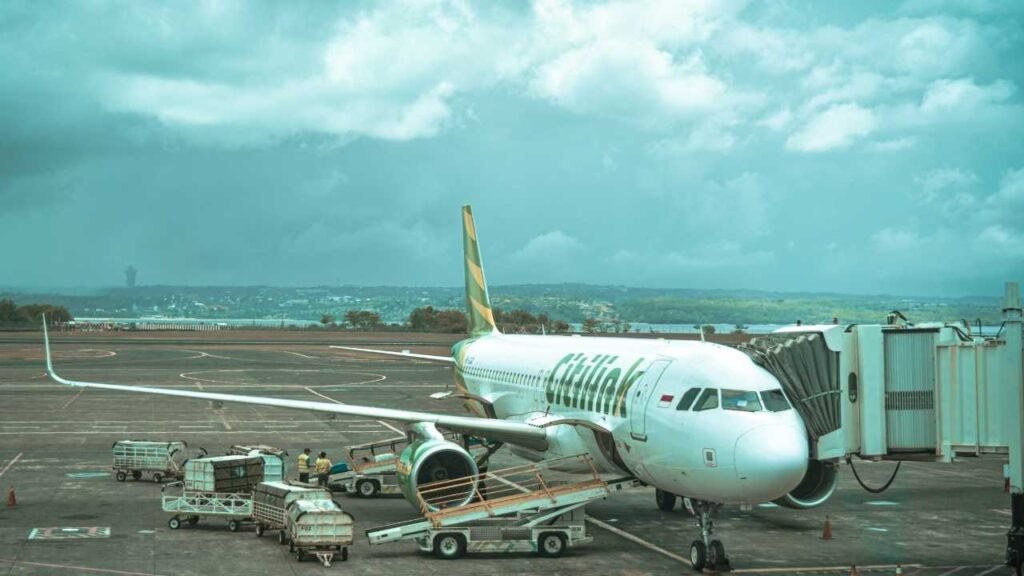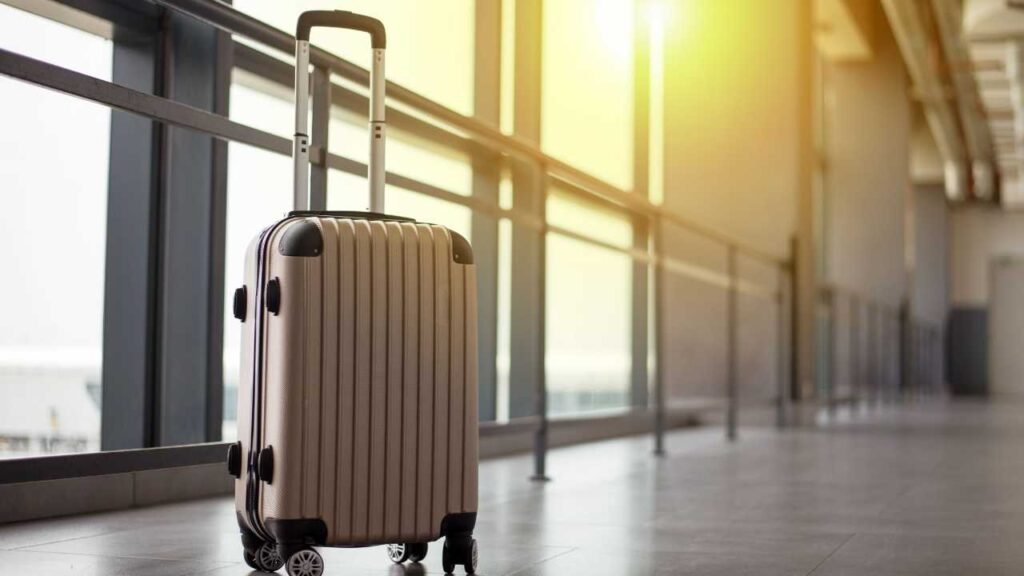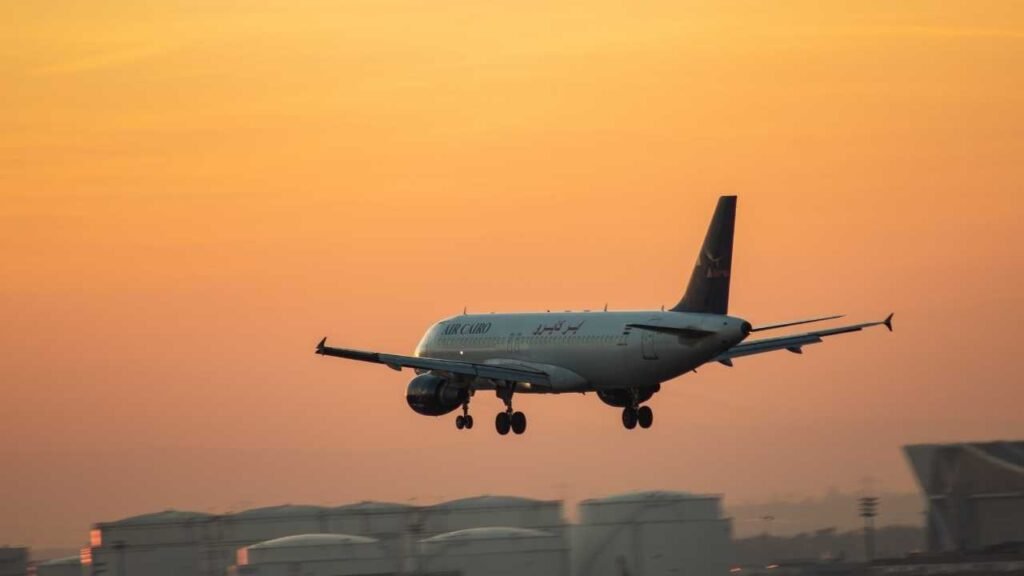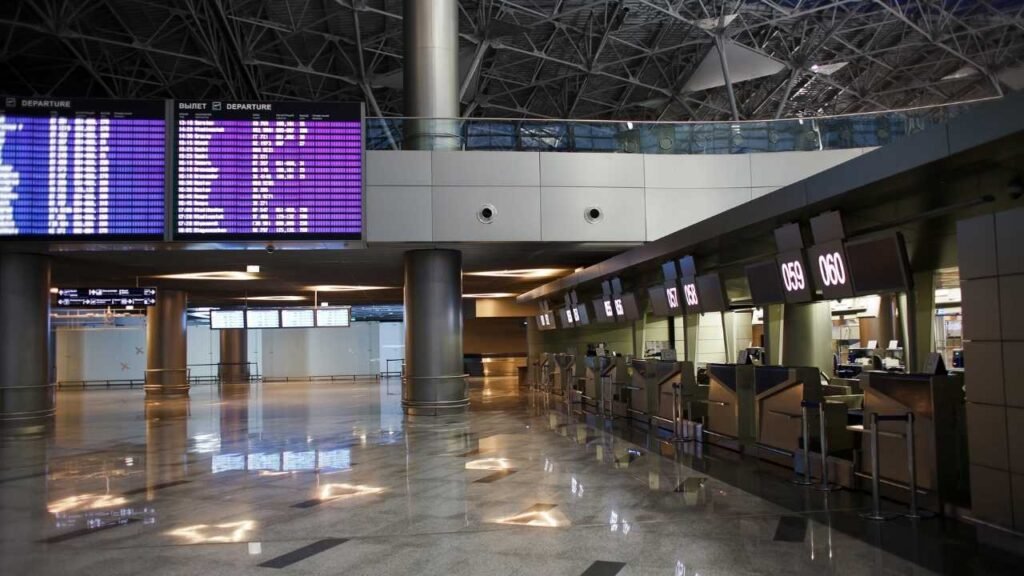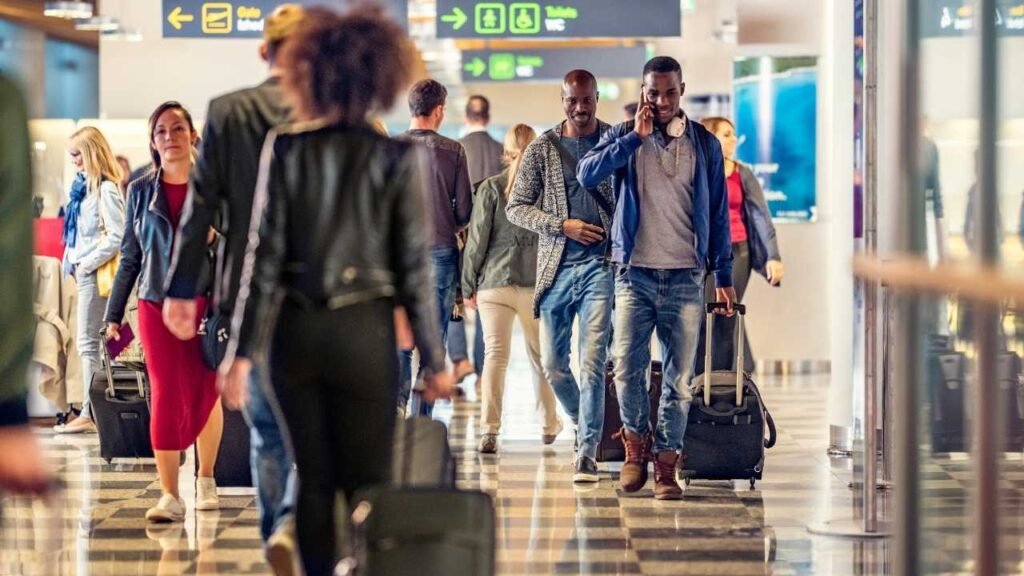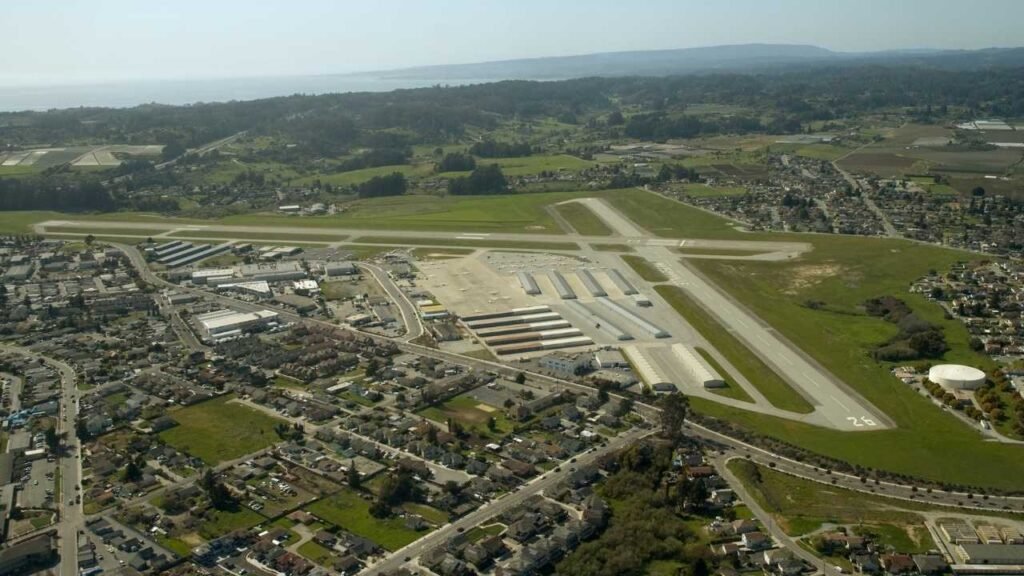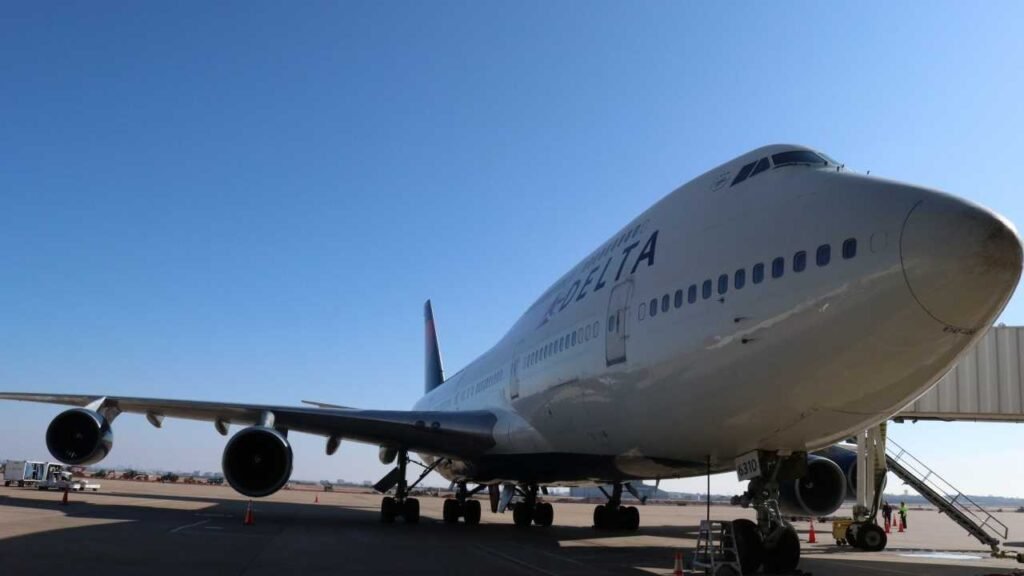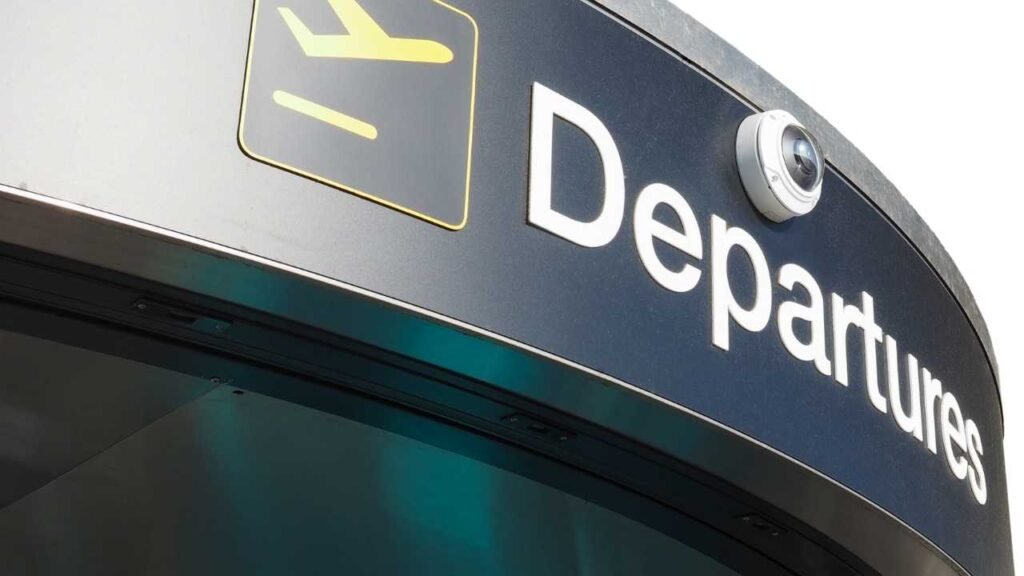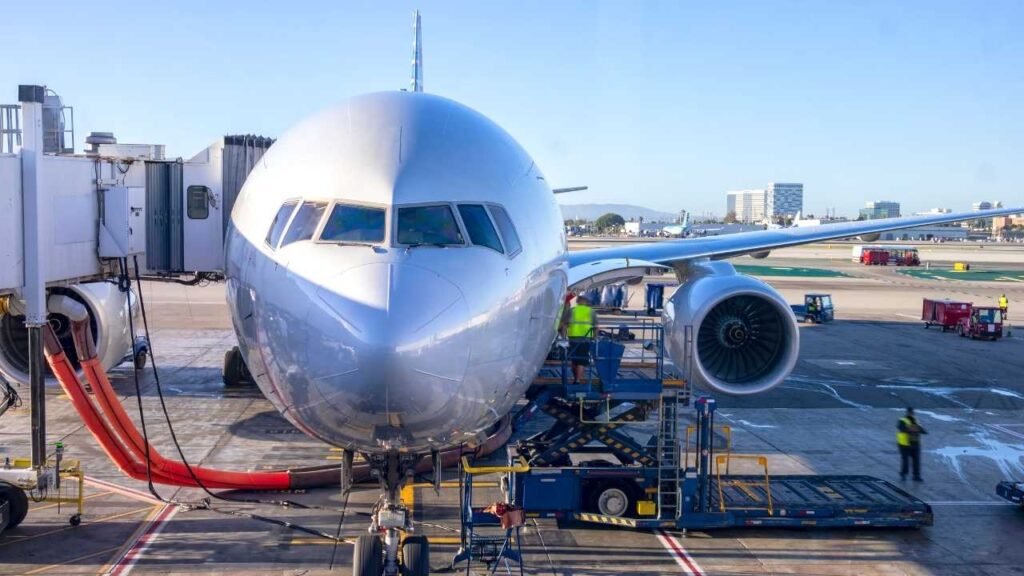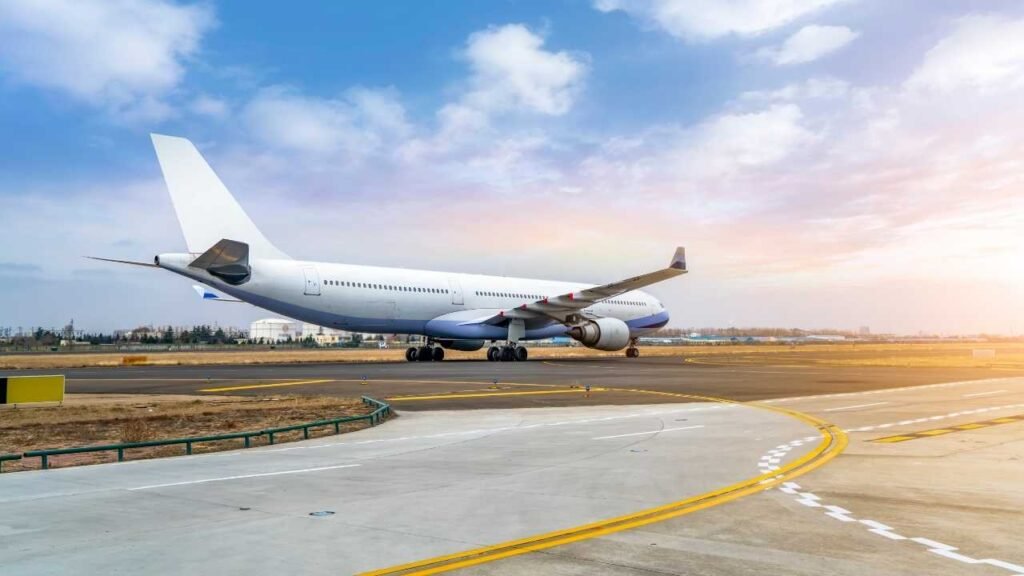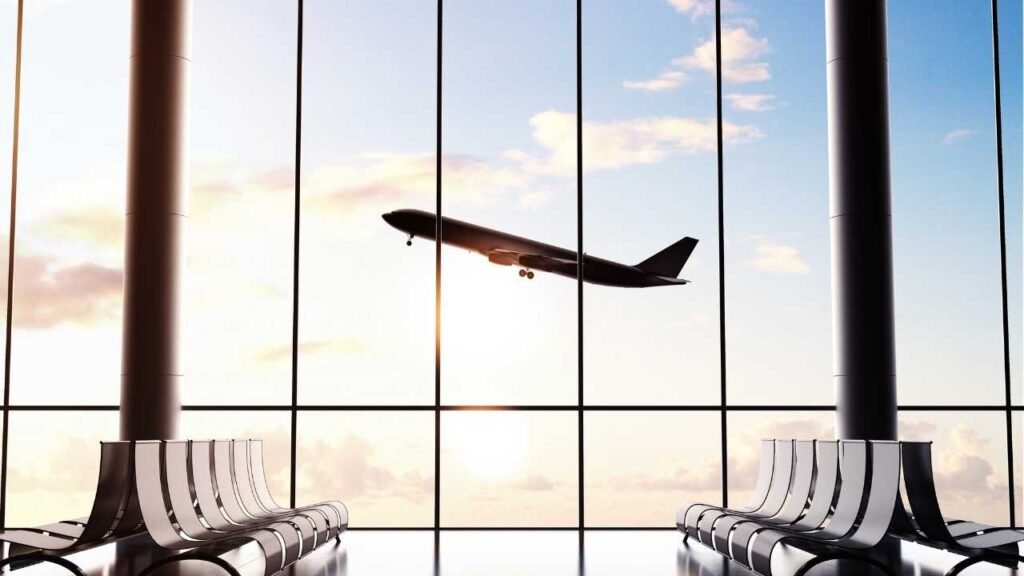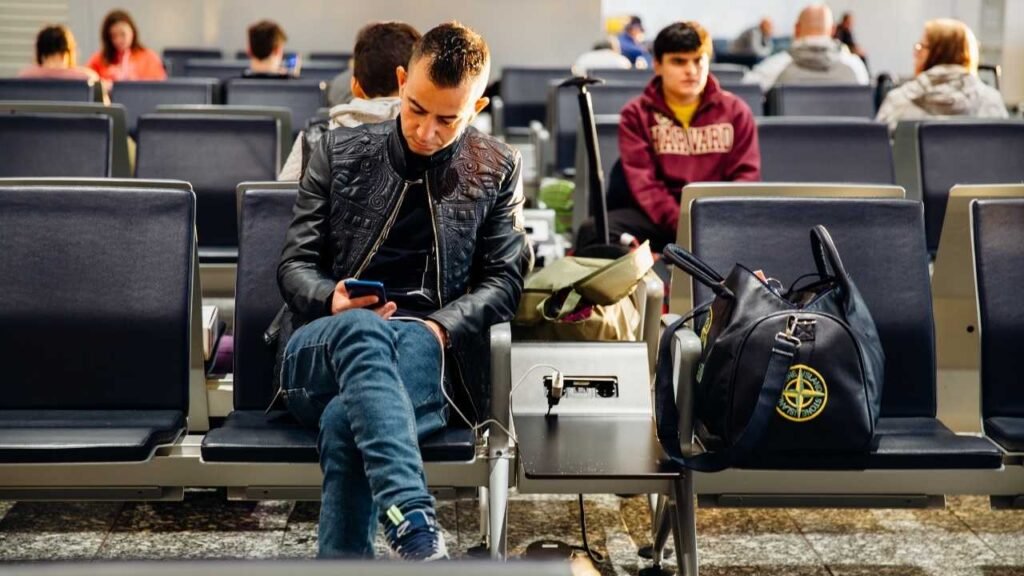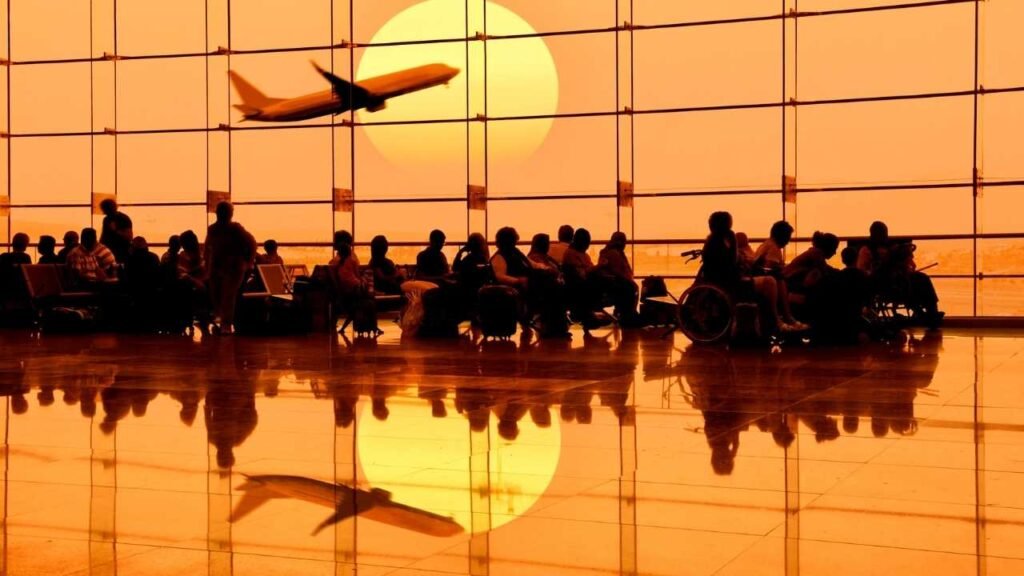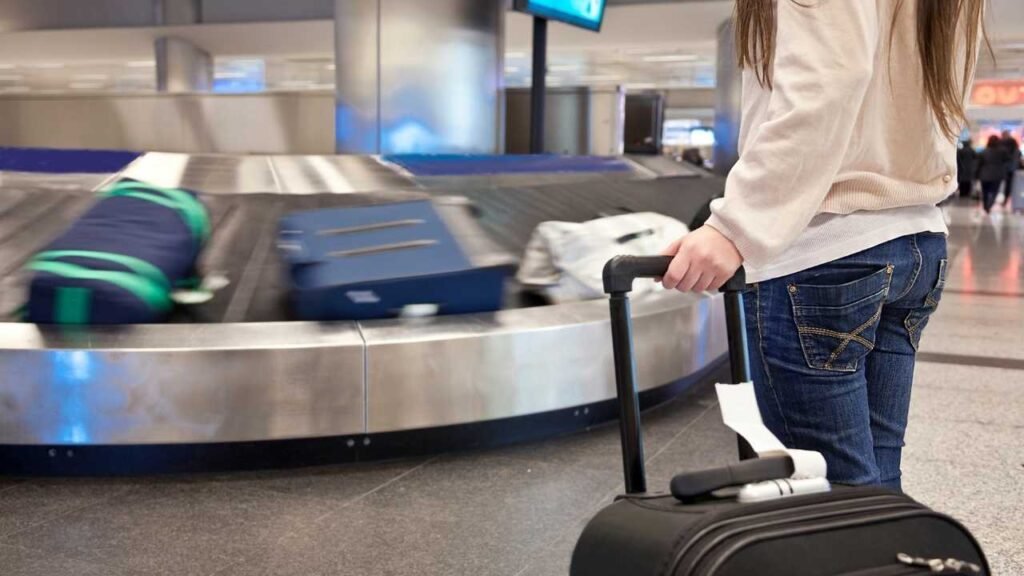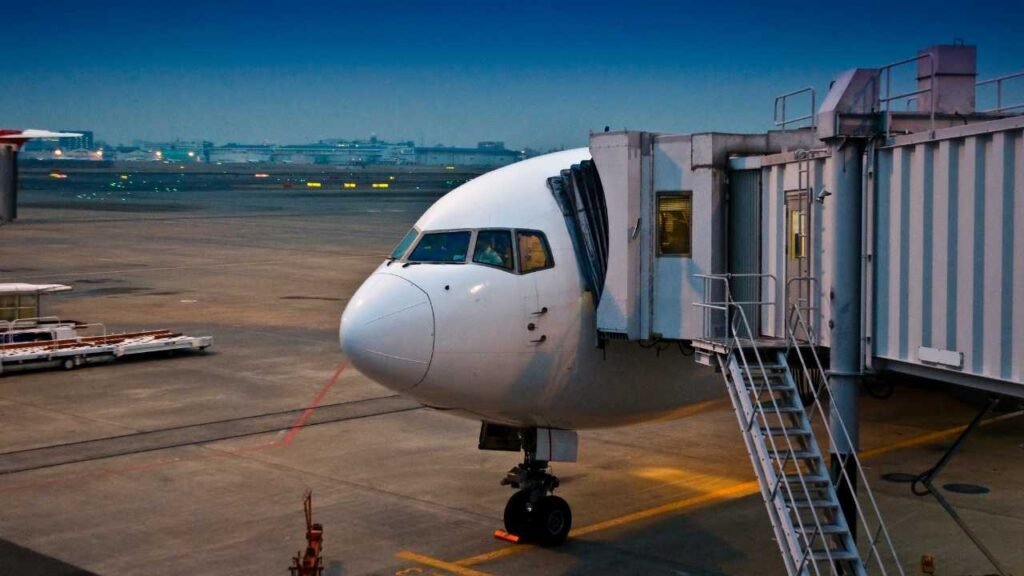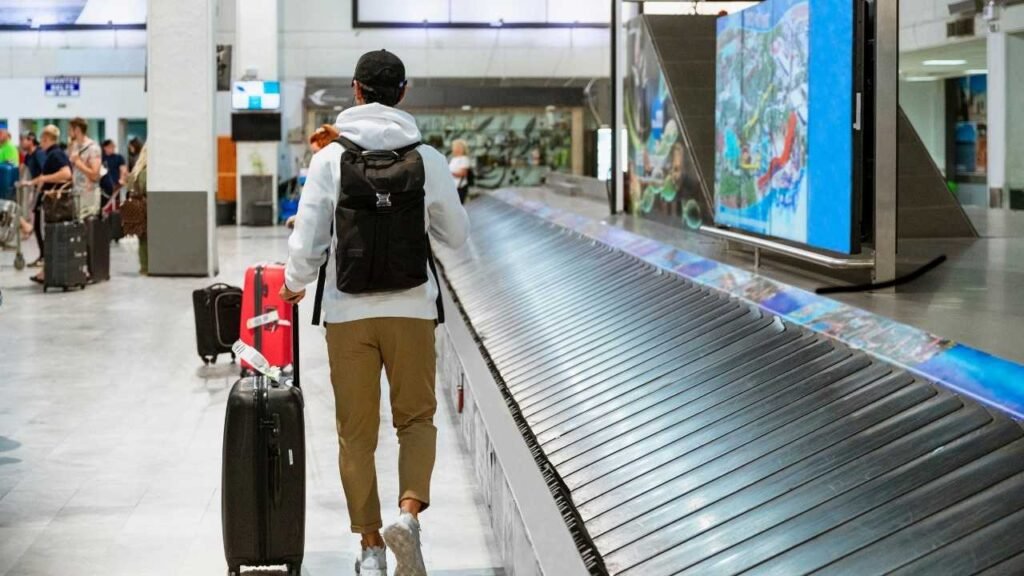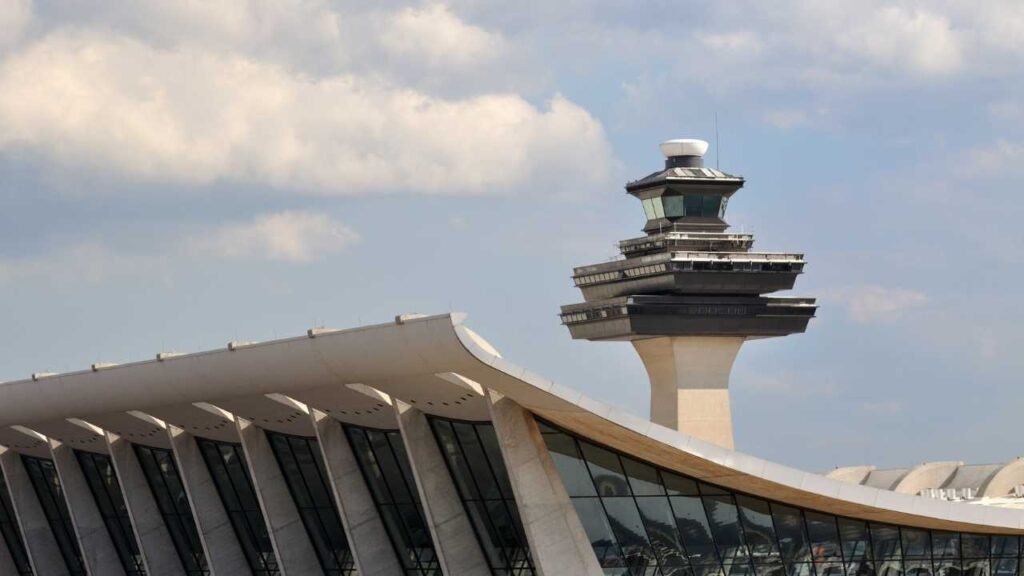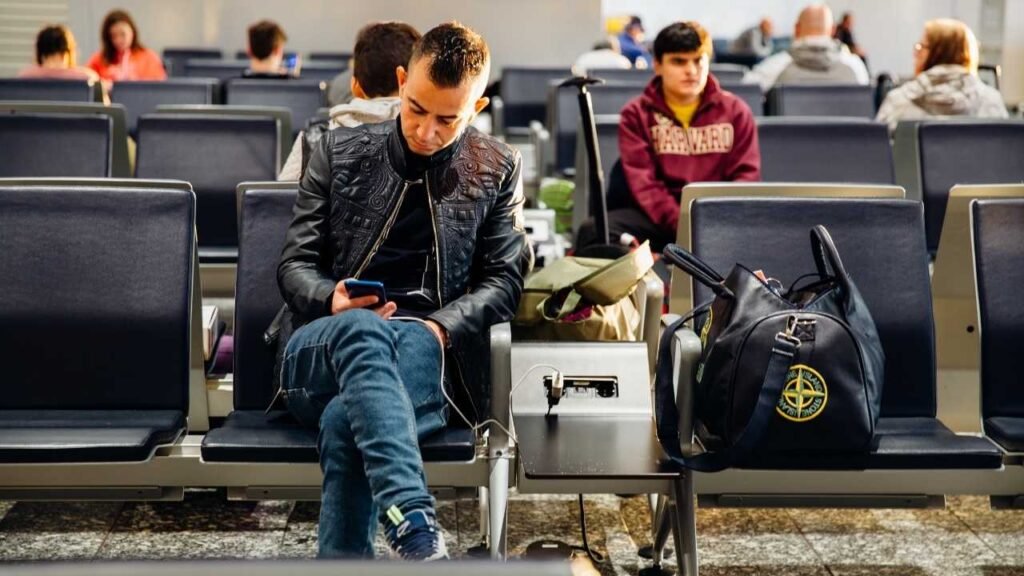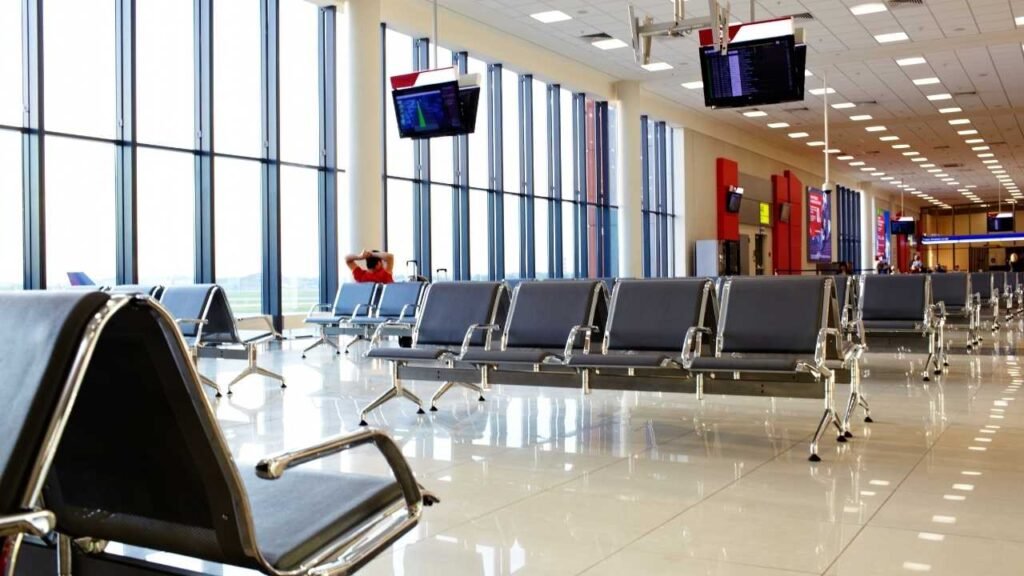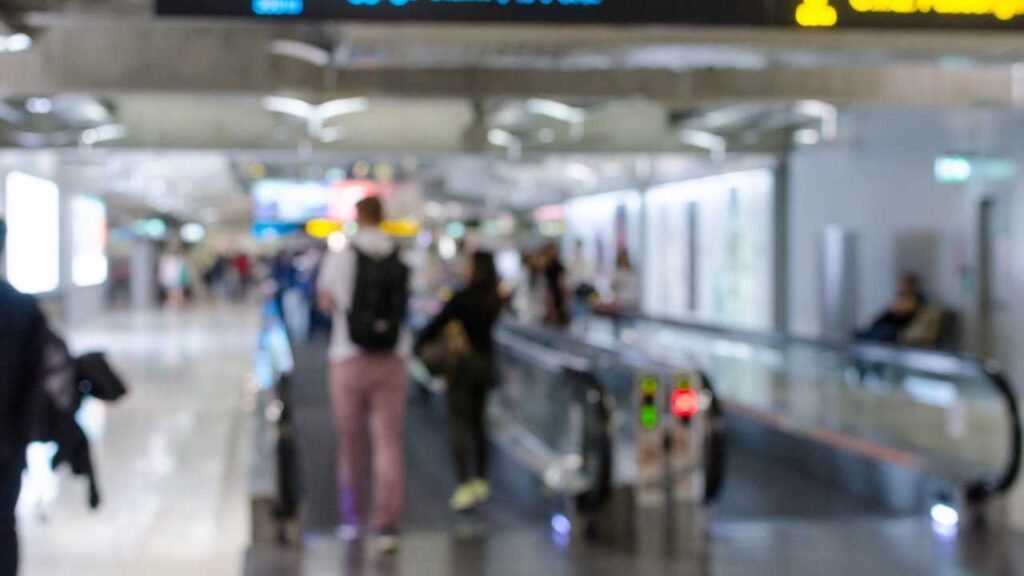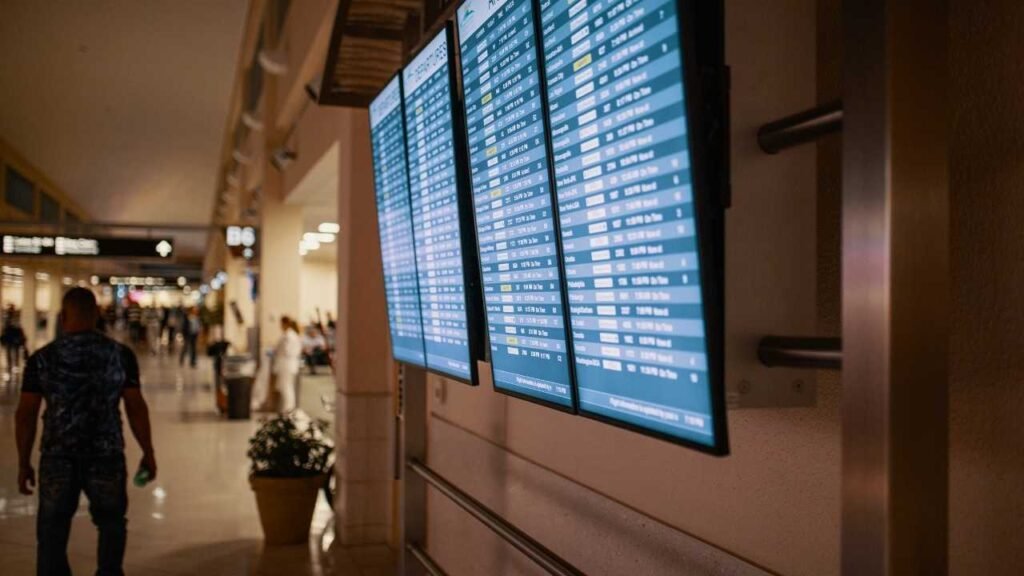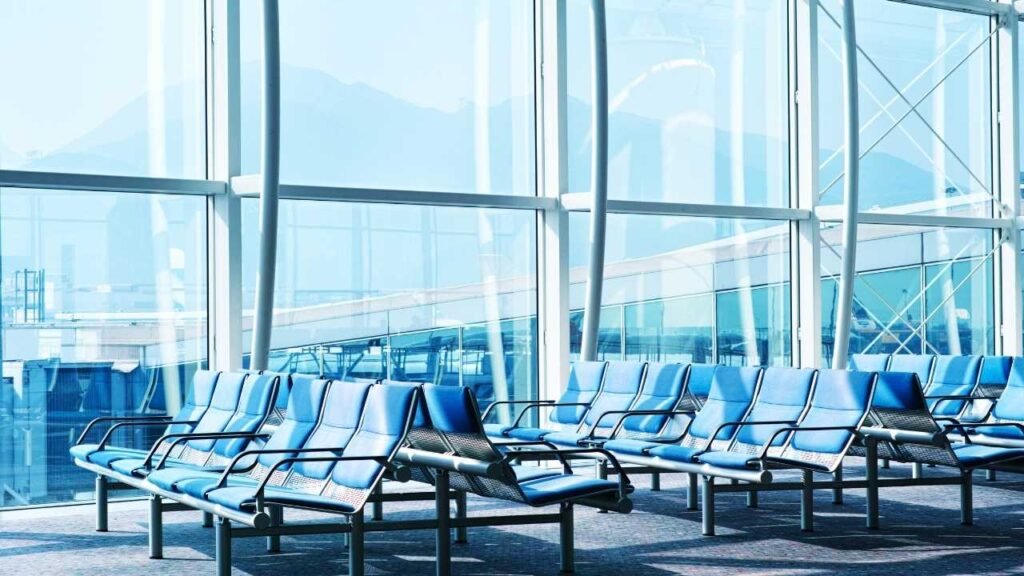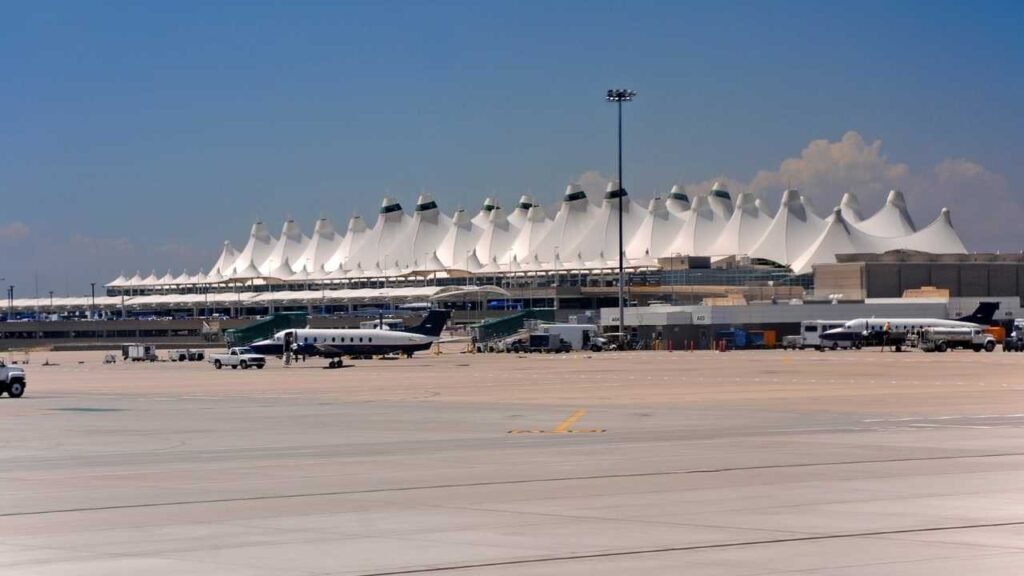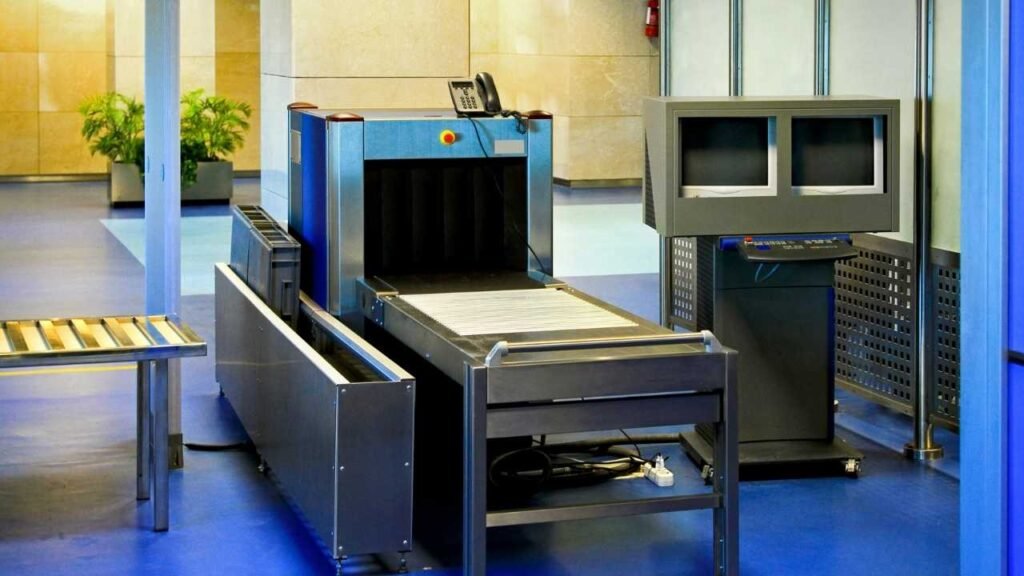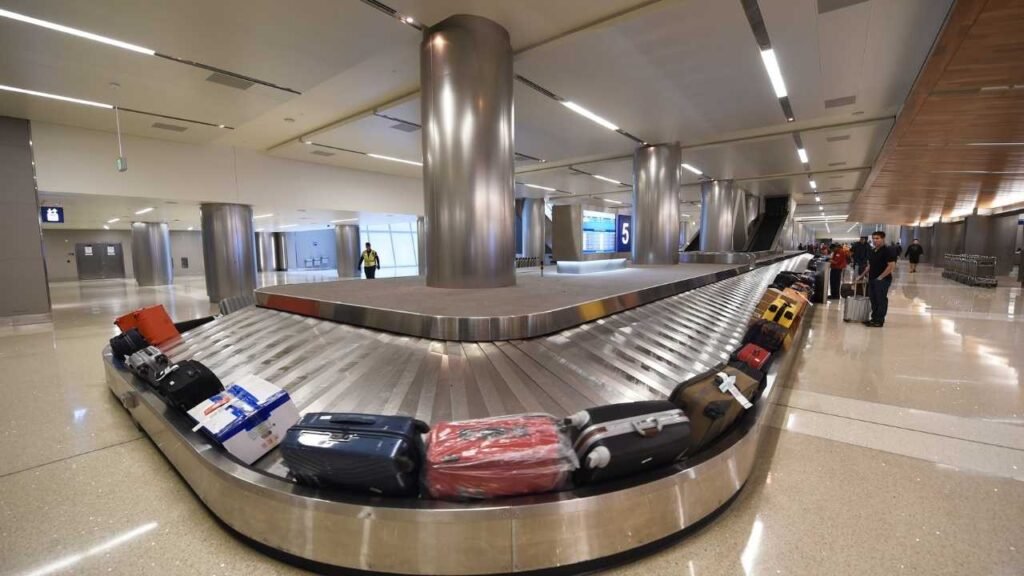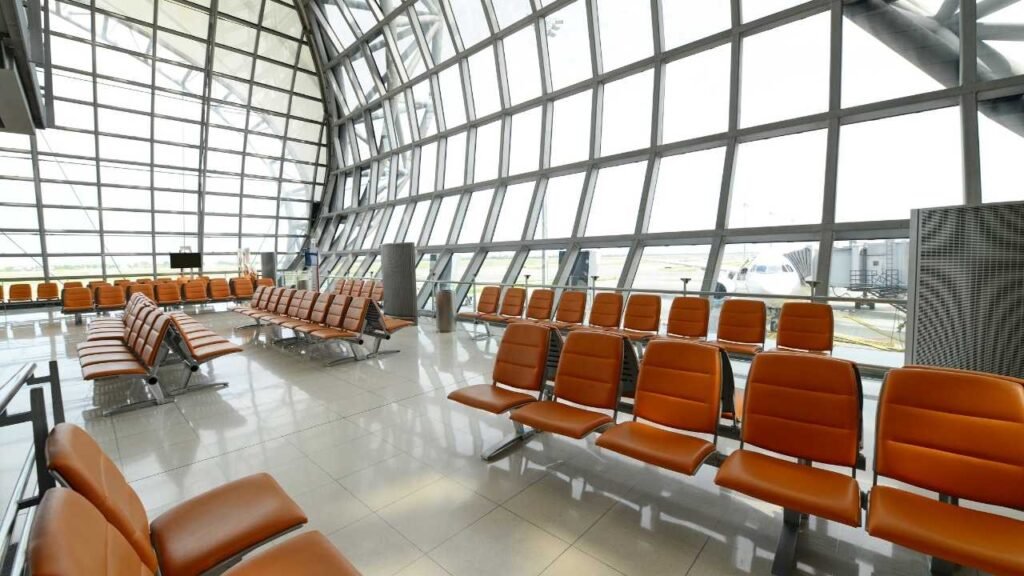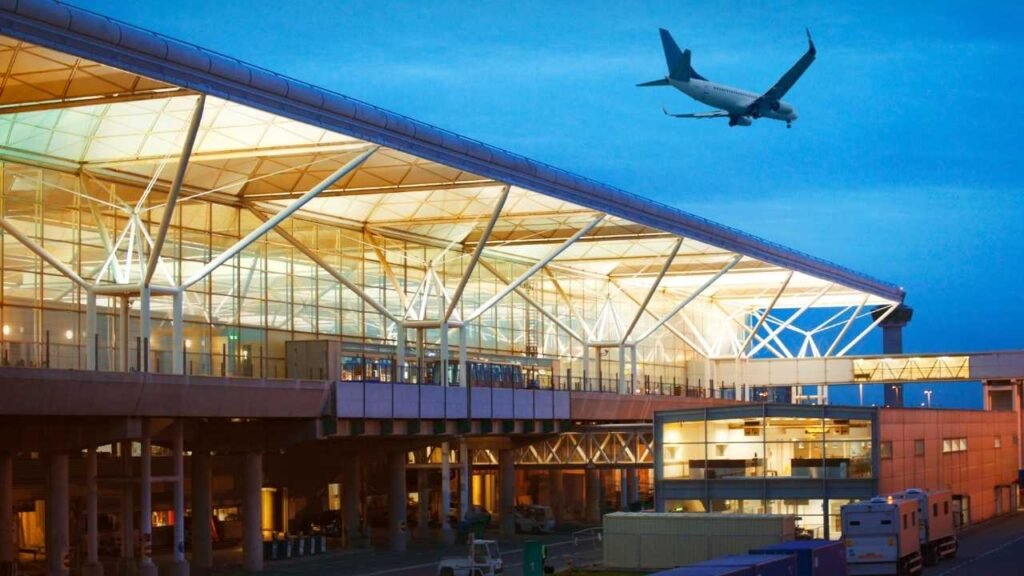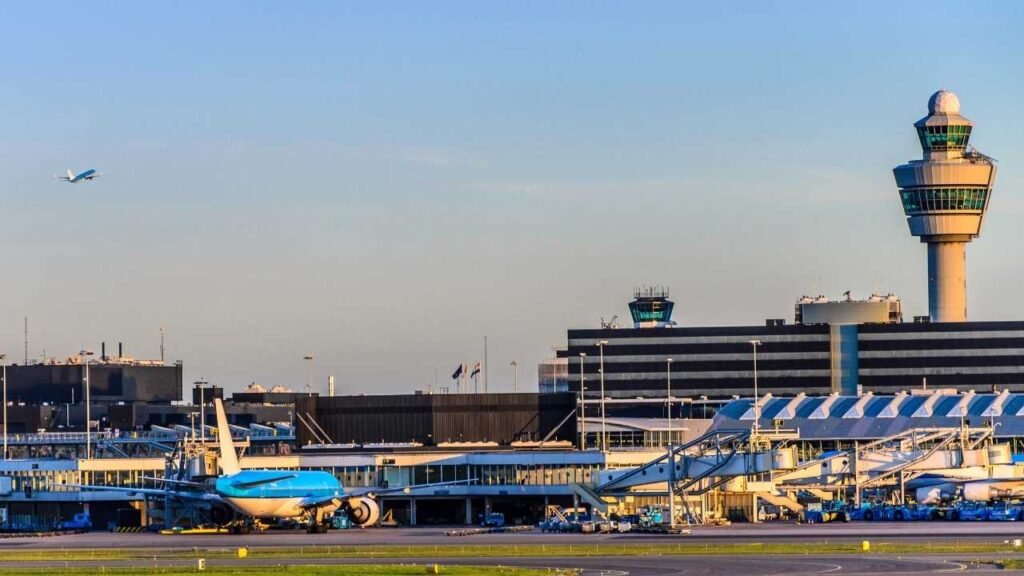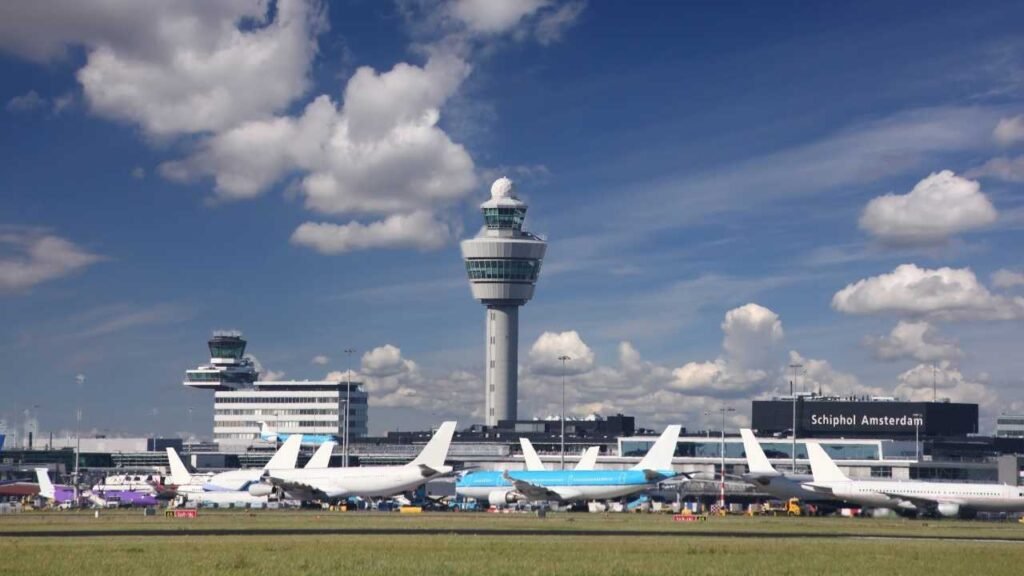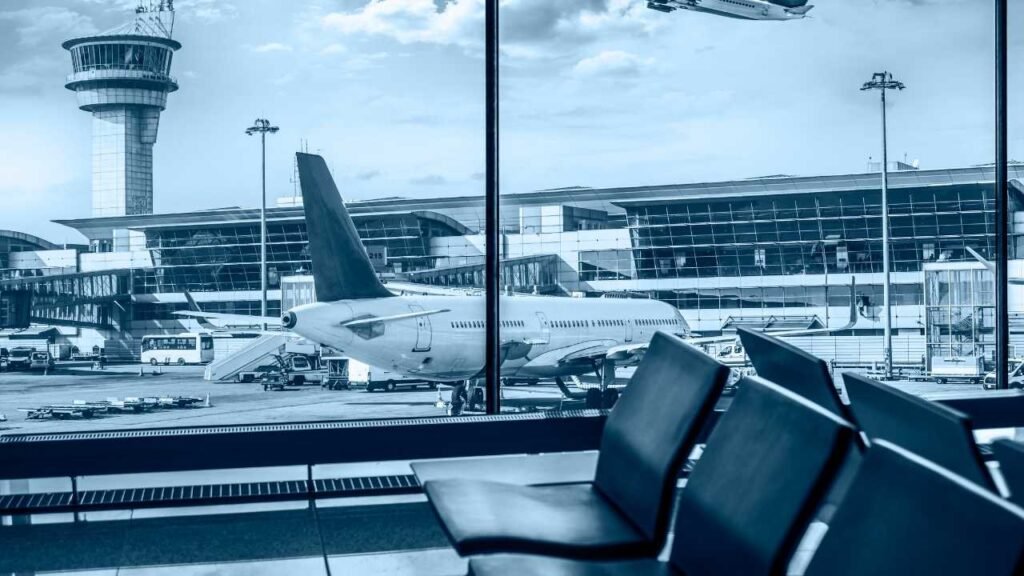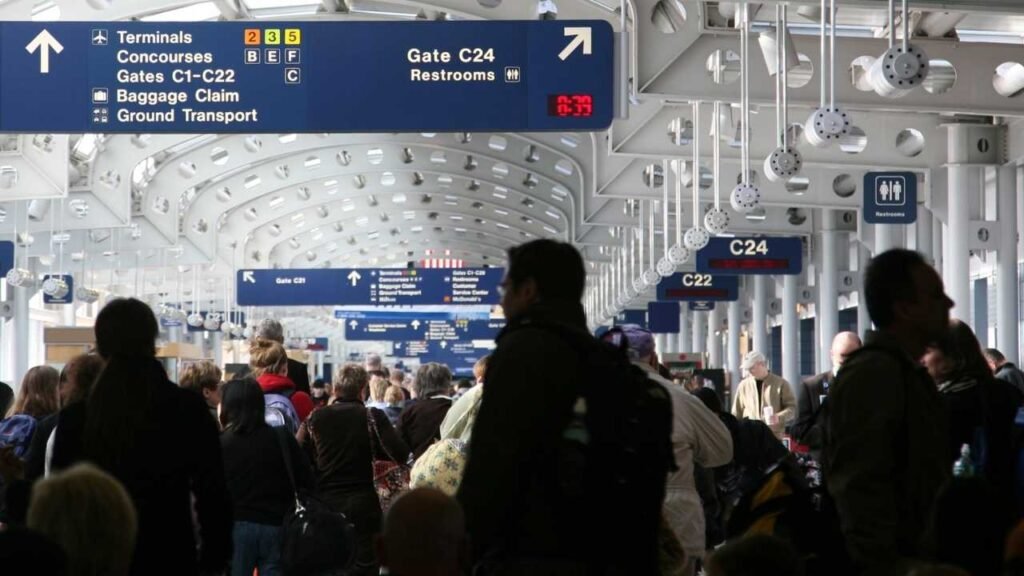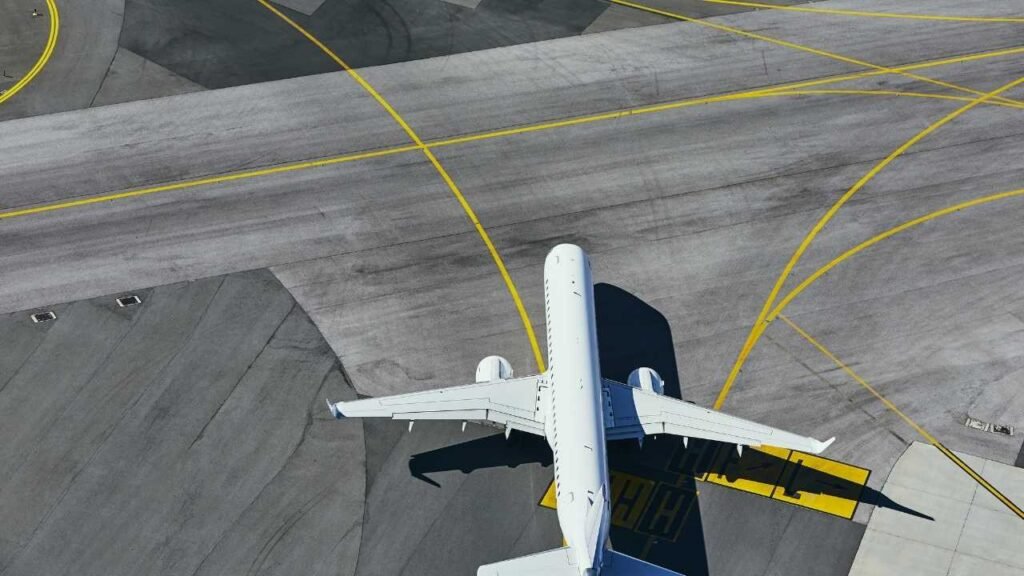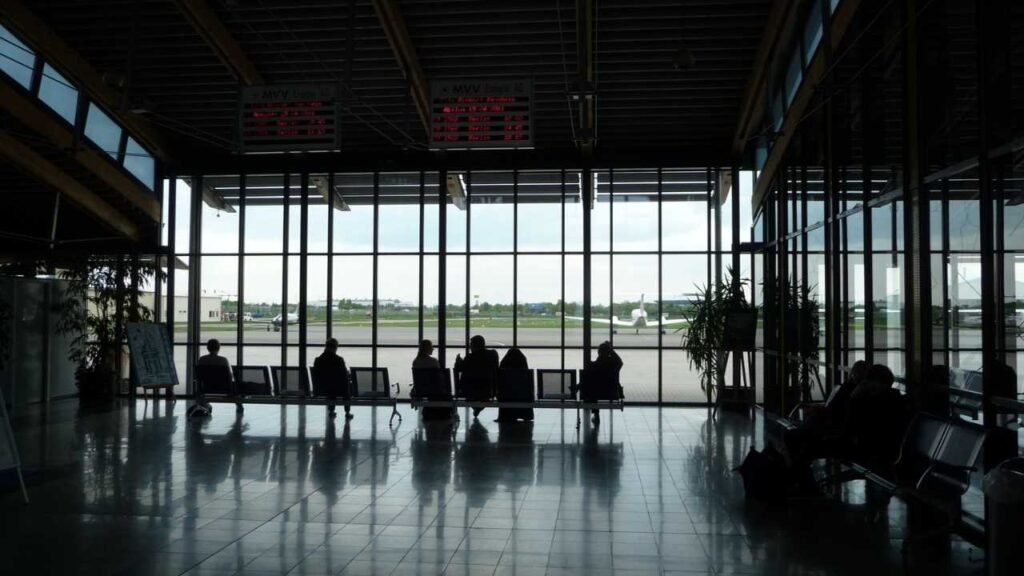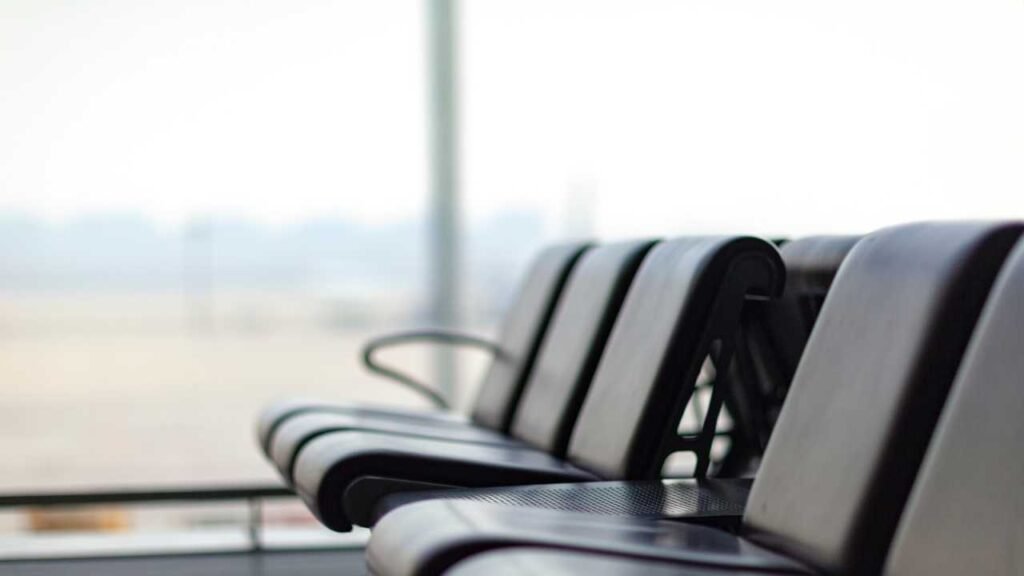- Home
- Casper–Natrona County International Airport
Casper–Natrona County International Airport
Airport Accidents at Casper–Natrona County International: What Travelers in Casper–Natrona, Georgia Should Know
Slip and Fall and Other Accidents at Casper–Natrona County International Aiport in Casper–Natrona, Georgia
Slips, trips, and other mishaps remain a recurring problem in busy terminals like Casper–Natrona County International. Crowded walkways, wet floors and poor lighting make hazards hard to spot. If you are hurt, report the incident, take photos of the scene, and seek medical care promptly so your recovery and any claim start on solid ground.

Frequent Injuries Reported at Casper–Natrona County International
Slip & Fall Accidents at Casper–Natrona County International Aiport
Slip and fall accidents consistently rank high of airport injuries in busy terminals.
Hazards often include rainwater tracked through entrances, which can surprise even careful walkers.
High-risk spots tend to be curbside pickup zones, where crowding make hazards harder to spot.
Many incidents trace back to missing or poorly placed warning signs.
Property operators are expected to inspect and correct hazards promptly under common safety policies.
Negligence is established through lack of staff in known trouble areas.
Injuries often include wrist or ankle sprains, derailing trips.
Right after a fall, ask for a supervisor and note names and times.
Useful evidence includes copies or photos of warning signage or the lack of it.
Surveillance footage is often overwritten quickly, so email the operator to hold CCTV for the time window without delay.
Multiple parties may share responsibility, including a janitorial contractor, depending on who controlled the area.
Comparative fault may reduce but not eliminate compensation, so let the facts speak.
Deadlines to file can be short when government entities are involved, making it important to act promptly.
Compensation can include medical bills and rehab, with consistent treatment records improving outcomes.
When contacted by insurers, avoid broad statements until you understand your rights.
A focused legal review can pinpoint liable parties and prepares the claim for litigation if needed.
Vehicle Accidents at Casper–Natrona County International Airport
Airport vehicles such as shuttle vans at Casper–Natrona County International in Casper–Natrona, Georgia can collide with pedestrians.
These crashes frequently happen inside parking garages, where pedestrian safety is often overlooked.
Common causes include insufficient training for new routes.
Risk spikes during peak arrival waves, when crowding increases.
Danger zones often involve areas where cones or barriers are missing.
Responsibility can fall on a shuttle operator for poor supervision.
Right after an impact, report the incident immediately and call paramedics if needed.
Helpful evidence includes driver name and employer.
Preservation requests should ask to retain all CCTV covering the time window.
Typical injuries often involve knee, hip, or shoulder damage, so follow your treatment plan.
Comparative fault does not void a claim, even if you stepped outside a marked crosswalk.
Time limits vary by state, so track the deadline early.
Compensation often considers future care and pain and suffering, and clear documentation improve outcomes.
If you’re exploring a claim, consult a lawyer experienced with airport operations and vehicle incidents.
Jet Bridge & Boarding Accidents at Casper–Natrona County International
Boarding areas and jet bridges at Casper–Natrona County International in Casper–Natrona, Georgia can malfunction, causing serious traveler injuries.
Responsibility often falls on airlines, especially when they neglect inspections.
Baggage Claim Accidents at Casper–Natrona County International
The baggage claim area of Casper–Natrona County International often feels chaotic, which creates risks.
Falling luggage from carousels injure travelers while passengers collect their bags.
Risk factors include spilled drinks and leaks near the belts.
Crowding reduces visibility, especially during peak arrivals.
High-risk zones include areas near oversized or special-item belts.
Common injuries often involve head and neck injuries from falling items.
Contributing errors include lack of staff near congested belts.
If a mishap occurs, ask for a supervisor and request an incident number.
Capture evidence like any warning sign placement or the lack of it.
Act quickly to get treated even if symptoms seem minor to create a clear record.
Potentially responsible parties can involve a cleaning contractor.
Liability often turns on inspection and maintenance logs.
Comparative fault is weighed against the operator’s duty to keep the area safe.
Time limits to file vary by jurisdiction, so track deadlines.
Recoverable damages may include medical bills and rehab, and organized documentation improve valuation
Security Checkpoint Injuries at Casper–Natrona County International Airport
Security checkpoints at Casper–Natrona County International can cause injuries, especially when lines are overcrowded.
Common hazards include slips on recently mopped floors, which cause blunt trauma.
Bottlenecks make hazards harder to spot, particularly when multiple lanes close unexpectedly.
Contributing factors often include poorly placed warning signs.
Injuries may range from wrist and ankle sprains that require medical care.
After an incident, ask for a manager on duty and save boarding passes and receipts.
Useful evidence can include time stamps from your boarding pass or app.
Video and data sources scanner logs and lane closures, so send a prompt preservation request.
Responsibility can include the airport authority managing the area, depending on who controlled the checkpoint.
Comparative fault may reduce but not eliminate compensation, even if you momentarily stepped outside a marked path.
Deadlines to file vary by jurisdiction, so track the limitation period.
Compensation may include pain and suffering, and early evidence preservation strengthen valuation.
Worker Accidents at Casper–Natrona County International
Employees at Casper–Natrona County International in Casper–Natrona, Georgia face machinery accidents.
Many of these incidents are avoidable if employers followed safety protocols.
International Airport Accidents Linked to Casper–Natrona County International Airport
International travelers injured at Casper–Natrona County International in Casper–Natrona, Georgia may face challenges with foreign laws.
Because Casper–Natrona County International connects Casper–Natrona to foreign destinations, liability often becomes legally complex.
Escalator & Elevator Accidents at Casper–Natrona County International
Escalators and elevators inside Casper–Natrona County International in Casper–Natrona, Georgia sometimes stop suddenly, causing head and back trauma.
Responsibility may lie with airport operators when parts fail prematurely.
Shuttle Bus & Ground Transportation Accidents at Casper–Natrona County International Airport
Shuttle buses, trams, and ground transportation vehicles at Casper–Natrona County International in Casper–Natrona, Georgia may crash, injuring travelers.
These accidents often occur on narrow service roads, creating severe injury risks for residents of Georgia.
Parking Lot & Curbside Accidents at Casper–Natrona County International Airport
Parking lots and curbside zones at Casper–Natrona County International in Casper–Natrona, Georgia are high-risk areas.
Hazards include heavy traffic flow, leading to pedestrian injuries.
Luggage Cart & Conveyor Belt Accidents at Casper–Natrona County International Airport
At Casper–Natrona County International in Casper–Natrona, Georgia, runaway luggage carts or broken conveyor belts can strike passengers.
These incidents may result from airport operator negligence.
Food Court & Restaurant Accidents at Casper–Natrona County International Airport
Restaurants and food vendors inside Casper–Natrona County International in Casper–Natrona, Georgia can cause slip hazards.
Liability often rests with independent food vendors when they fail to handle food properly.
Airport Construction Zone Accidents at Casper–Natrona County International
Renovation or construction areas inside Casper–Natrona County International in Casper–Natrona, Georgia expose travelers to falling debris.
Injuries here may involve lack of proper barriers.
Disabled Passenger Assistance Accidents at Casper–Natrona County International
Disabled passengers at Casper–Natrona County International in Casper–Natrona, Georgia can be harmed during wheelchair or electric cart assistance.
Failures to provide safe equipment often lead to avoidable harm.
Boarding Stair & Ramp Accidents at Casper–Natrona County International
Portable boarding stairs and ramps at Casper–Natrona County International in Casper–Natrona, Georgia sometimes aren’t secured properly, causing serious injuries.
These accidents are especially common at gates without jet bridges.
Lost Luggage & Property-Related Injuries at Casper–Natrona County International
Lost luggage at Casper–Natrona County International in Casper–Natrona, Georgia is not just inconvenient — it can create health risks, such as when essential medication is missing.
Travelers may seek compensation for damages linked to lost or delayed luggage.
Airside & Tarmac Accidents at Casper–Natrona County International
Restricted airside areas at Casper–Natrona County International in Casper–Natrona, Georgia expose workers and sometimes passengers to collisions.
These incidents are potentially fatal and often fall under worker’s compensation.
The choices you make in the critical moments following your fall at Casper–Natrona County International in Casper–Natrona, Georgia may decide a successful claim and one that is thrown out. Here’s how to protect your rights.
Obtain Urgent Medical Care
Medical care should always be the top priority. After an incident at Casper–Natrona County International in Casper–Natrona, Georgia, it’s crucial to obtain medical help right away. Even if pain seems small at first, internal damage that isn’t obvious can worsen later. Request first responders at the airport or go to the nearest hospital and make sure you document your injuries in detail. This documentation will strengthen your case when pursuing a lawsuit.
Collect All Possible Evidence
One of the most essential steps after an incident at Casper–Natrona County International in Casper–Natrona, Georgia is to record the scene. Use your mobile device to capture pictures of the dangerous area such as cluttered walkways. Make sure to record the hazard as clearly as possible and include lack of warning signs. Write down the time of the accident and any details you remember. If there are other passengers who saw the incident, politely request their full name. This documentation will make it harder for the airport or airline to deny responsibility when your lawyer pursues legal action on your behalf.
Get Legal Help After Your Accident
Get Legal Help After Your Accident Once you’ve received medical care at Casper–Natrona County International in Casper–Natrona, Georgia, the next step is to contact us for legal representation. Airports and their insurance companies will act quickly to minimize payouts, and without legal guidance you may be misled about your options. A qualified attorney can: Gather witness statements and camera footage Identify all liable parties Handle state and federal filing requirements Protect you against low-ball settlement offers Call our airport accident hotline now for a free consultation. By contacting us today, you can get answers about the process and make sure your accident at Casper–Natrona County International in Casper–Natrona, Georgia doesn’t go ignored.
File an Official Incident Report at Casper–Natrona County International
After an incident at Casper–Natrona County International in Casper–Natrona, Georgia, it’s very important that you notify airport staff right away. Go directly to the information desk, or call the airport’s passenger assistance phone number if you need urgent reporting support. Always insist on receiving an incident report, and make sure it includes your phone number as well as the nature of your injury. This document serves as an essential record that the accident occurred inside Casper–Natrona County International, and it can support your claim later. If the airport provides a support ticket, write it down and keep it safe.
Preserve All Records and Expenses
After an injury at Casper–Natrona County International in Casper–Natrona, Georgia, it’s critical to preserve all receipts connected to your case. This includes hospital invoices, as well as travel-related receipts. Keep copies of emails or letters from airport staff along with your address. If you lost time from work, make sure to keep proof of your employment schedule to show how the accident at Casper–Natrona County International affected your income. Maintaining organized documentation of expenses and correspondence will help prove the financial impact of the accident. Without this proof, the airport, airline, or their insurers may try to minimize your losses.
Don’t Make Admissions That Hurt Your Claim
After an injury at Casper–Natrona County International in Casper–Natrona, Georgia, it’s vital that you avoid making statements that can be used against you. Airline staff, airport security, or insurance representatives may request a statement while you’re still injured. Anything you say could later be taken out of context. Avoid signing any paperwork without first getting legal advice. Instead, stick to facts such as your name, phone number, and contact info and let your attorney handle all detailed questions. By avoiding harmful statements, you ensure the accident at Casper–Natrona County International is documented accurately and allow your lawyer to present the evidence properly.
Frequent Ask Questions About Accidents in {aiport_name} Airport
What counts as an accident at Casper–Natrona County International Airport?
There are many ways travelers may get hurt at Casper–Natrona County International Airport. You may have experienced, falls caused by rainwater tracked through entrances. It’s not just the gates and terminals — cafeterias, food courts, and gift shops also create risks when poorly maintained. At the end of the day, when unsafe conditions cause an injury to a passenger, it may be classified as an compensable accident under the law.
Who can I file a claim against after an accident at Casper–Natrona County International Airport?
Every case is unique, and who is legally at fault will vary. In many cases, the airport authority itself is responsible. However, liability doesn’t end there. Vendors, shop owners, and food courts inside Casper–Natrona County International Airport can also be held accountable if their negligence created unsafe conditions. In many situations, multiple companies are involved, and they may share legal responsibility. Only an experienced lawyer can identify all potentially liable parties at Casper–Natrona County International Airport and make sure they are all held accountable.
How should I react if I’m injured at Casper–Natrona County International Airport?
Make sure you see a doctor immediately, even if your injuries seem minor. Early treatment also protects your health if hidden injuries exist. Be sure to notify airport authorities and ask that a formal incident report be created. If possible, get a copy of the report or at least note who you spoke to. While still at the scene, take photos or videos. Witness statements can make or break your claim. Do not wait weeks to call an attorney. Airports move fast to cover up hazards.
Is it really necessary to have an attorney if I was hurt at Casper–Natrona County International Airport?
Nearly always, yes. Here’s why: airports and airlines have powerful legal teams. Airports count on injured passengers not knowing their rights. A lawyer will gather evidence, subpoena security footage, review maintenance logs, and deal directly with insurance adjusters. More importantly, most personal injury lawyers work on contingency. So hiring a lawyer doesn’t add risk — it adds protection.
Is it possible to bring a case against the airline if my accident happened while boarding or deplaning at Casper–Natrona County International Airport?
In many cases, yes you can. Passengers injured during these stages may hold the airline liable. Examples include jet bridges that collapse or shift, slippery surfaces during boarding, or flight crew negligence in assisting passengers. While Casper–Natrona County International Airport itself may also be partly responsible, your lawyer will investigate both the airport and the airline. If you were hurt during boarding or exiting, don’t assume you have no case — the airline may owe you compensation.
What can I claim financially after an accident at Casper–Natrona County International Airport?
Depending on your case, you may be eligible for several categories of damages. These may include medical expenses like hospital bills, surgery costs, and rehabilitation therapy. If you missed work or can no longer perform your job, lost income is included. This covers physical pain, emotional distress, and the overall impact on your quality of life. If you require ongoing care or special equipment, that can be part of your settlement. An experienced lawyer will calculate the full scope of your losses.
Is filing a claim against Casper–Natrona County International Airport different from other injury cases?
In most situations, these claims are not as straightforward as other injury cases. Because Casper–Natrona County International Airport may be publicly operated or heavily regulated, there are extra layers of law. This means you may have to follow special legal procedures. Without skilled legal help, these cases are very difficult to win. In short, an accident at Casper–Natrona County International Airport isn’t like a slip and fall in a grocery store.
Can I still recover if Casper–Natrona County International Airport claims I caused my own injury?
It’s a common defense tactic for Casper–Natrona County International Airport to argue you were careless. Many states follow comparative negligence rules, meaning your damages are reduced but not eliminated. If both you and the airport share blame, you may still collect a percentage of damages. Strong evidence can tip the case in your favor. Don’t let the airport intimidate you into dropping your claim.
Do I have to pay upfront to hire a lawyer for an accident at Casper–Natrona County International Airport?
You don’t need to worry about hourly fees or large retainers. If you don’t recover compensation, you don’t owe anything. You’ll know in advance how fees are handled. It allows injured passengers at Casper–Natrona County International Airport to hire top-quality representation without financial risk. At the end of the day, legal representation usually results in far higher settlements, even after attorney fees are deducted.

